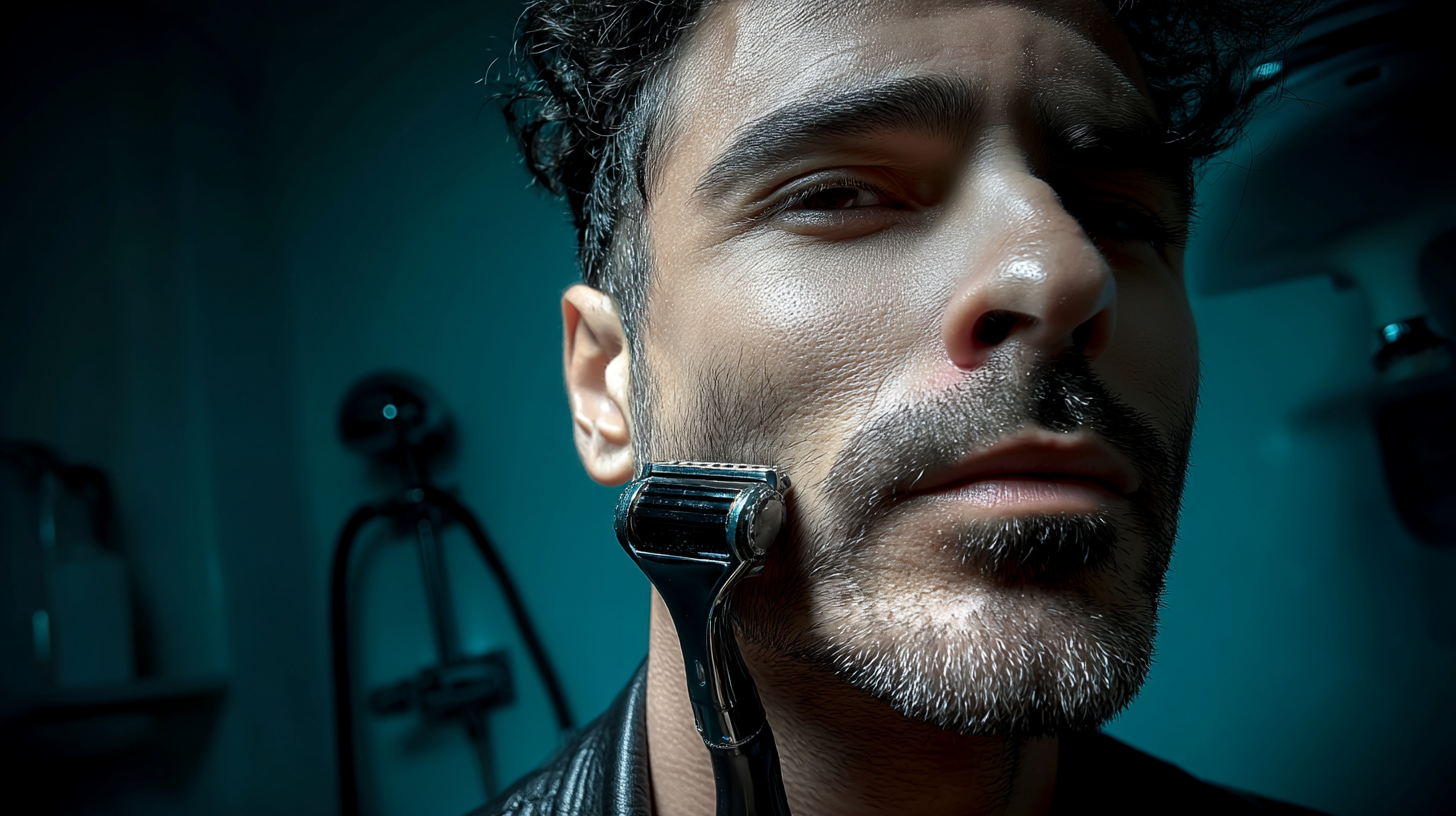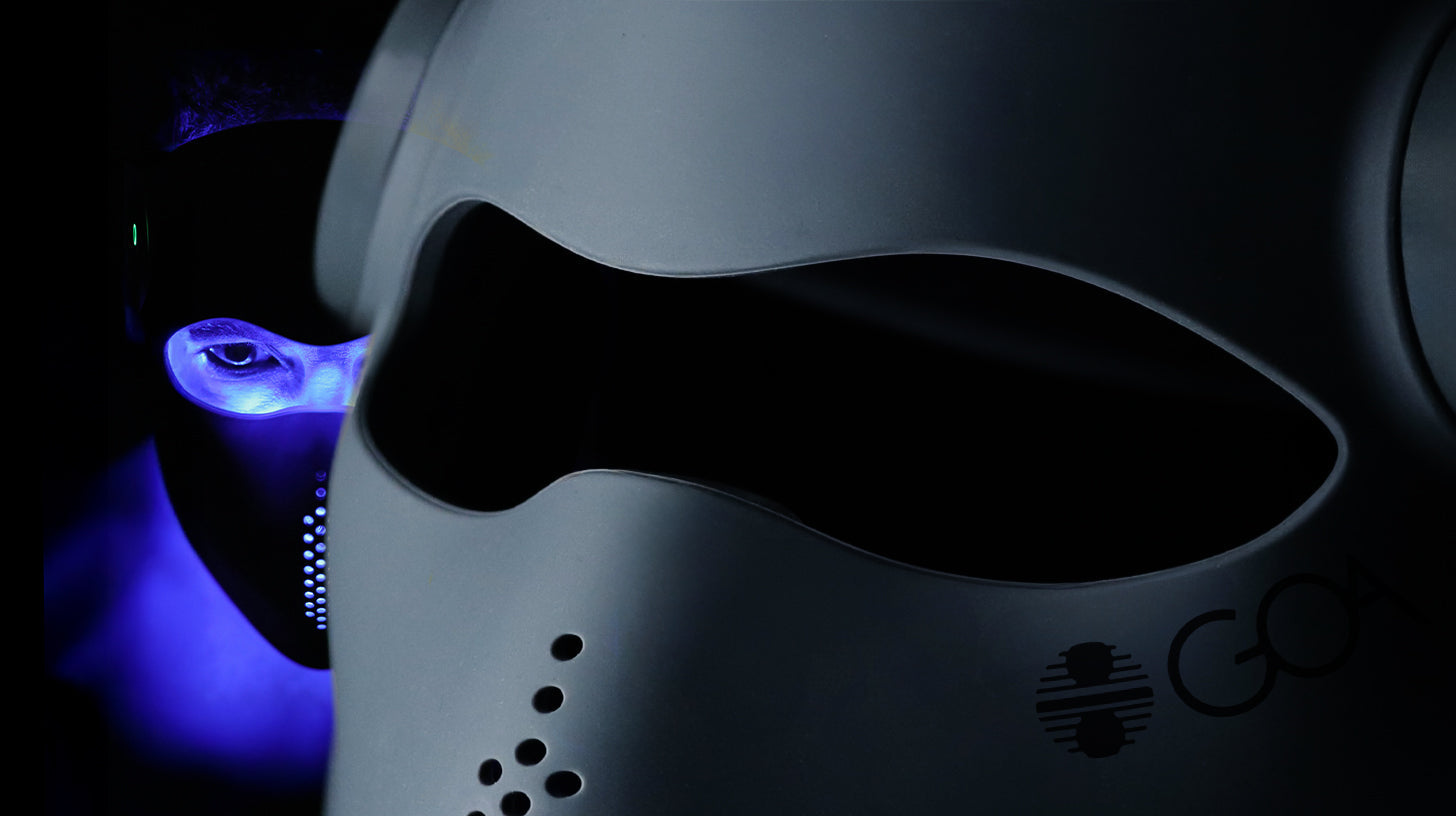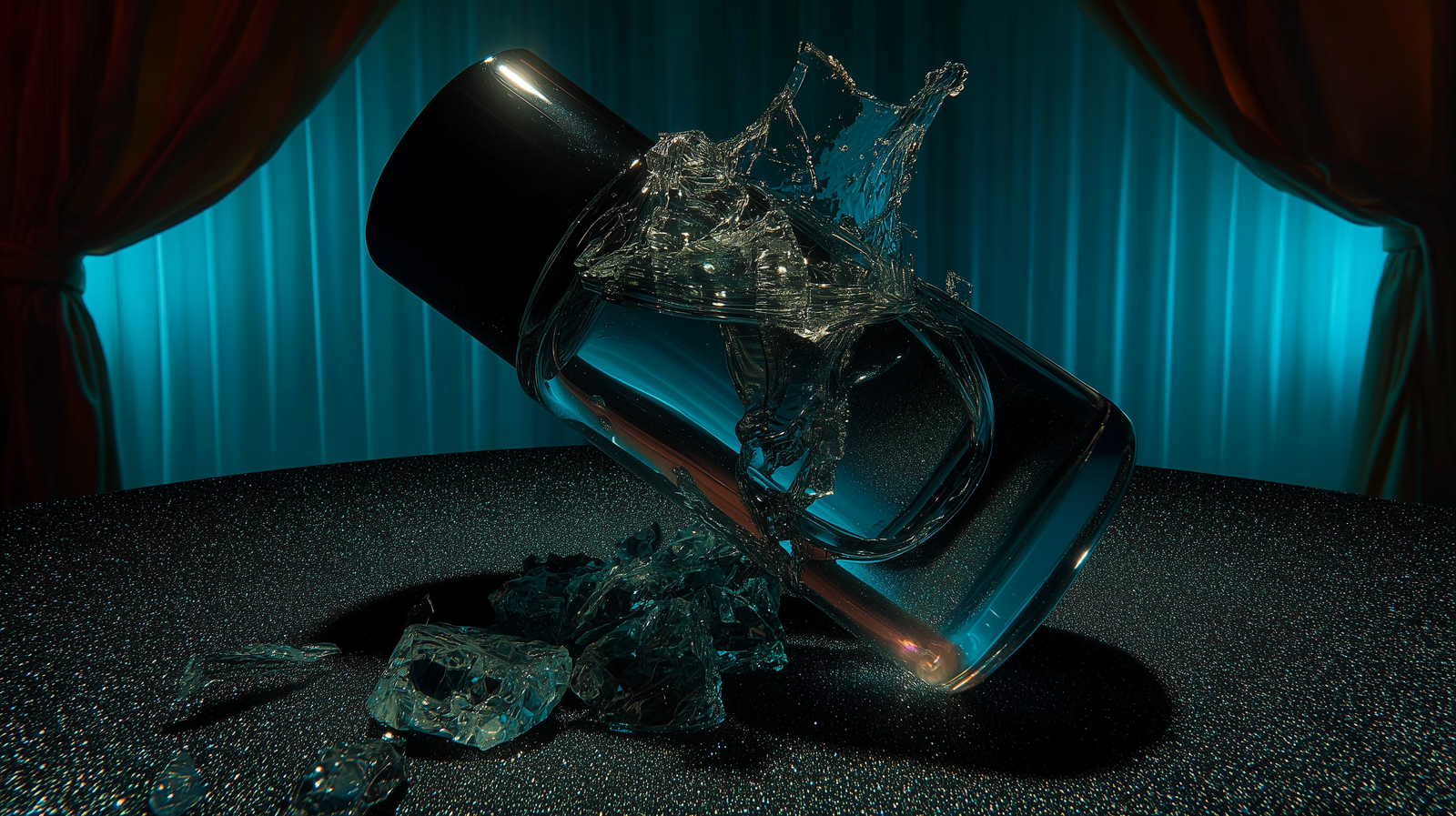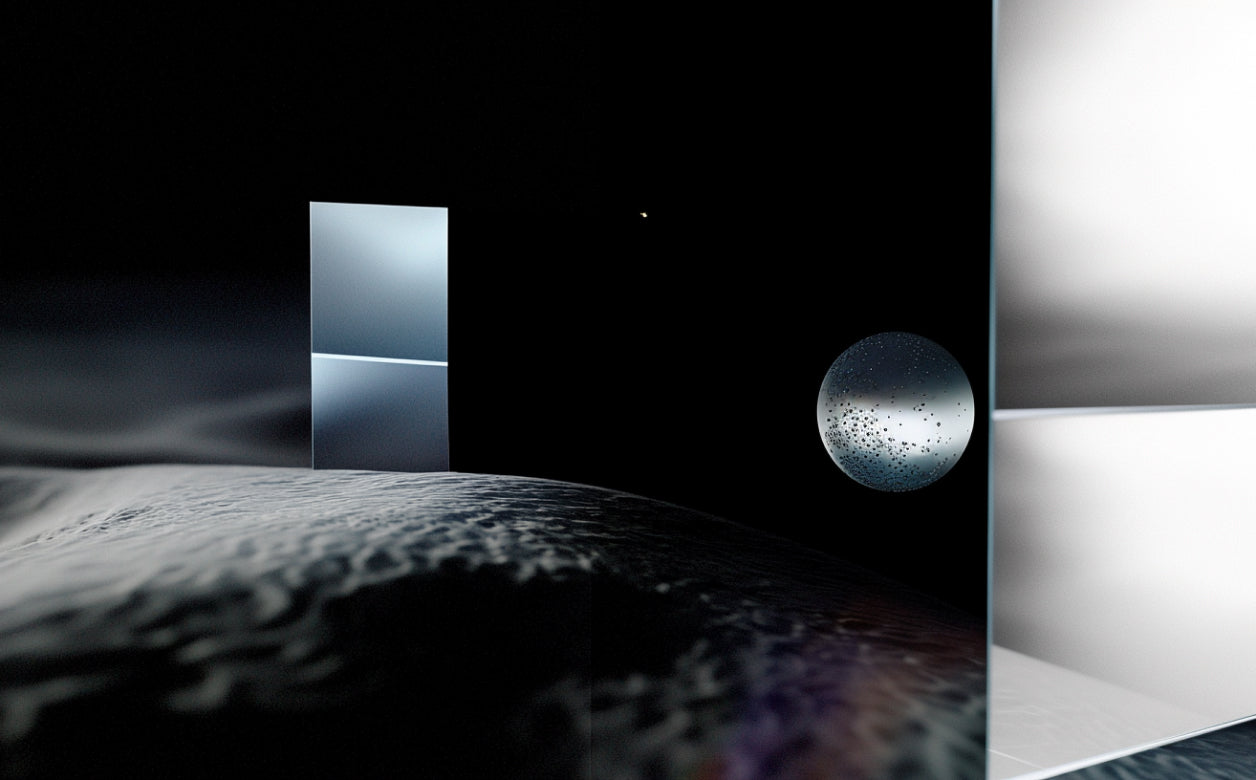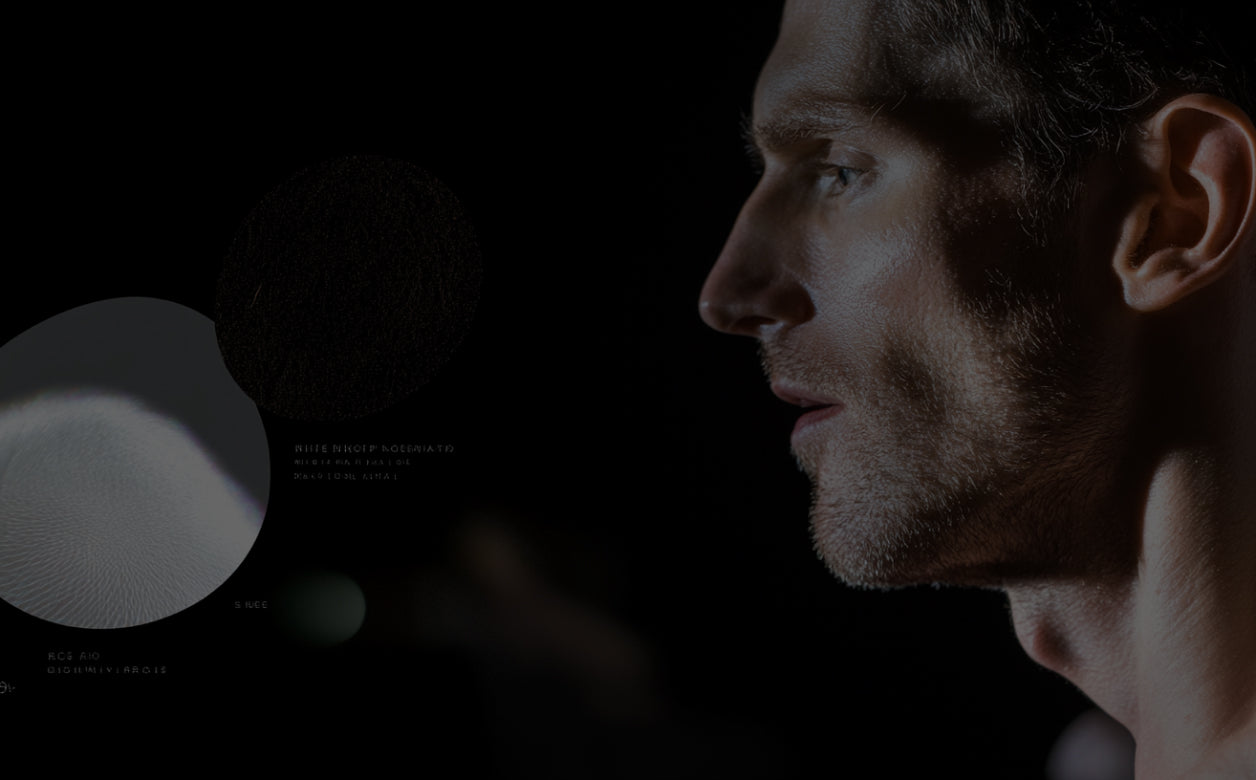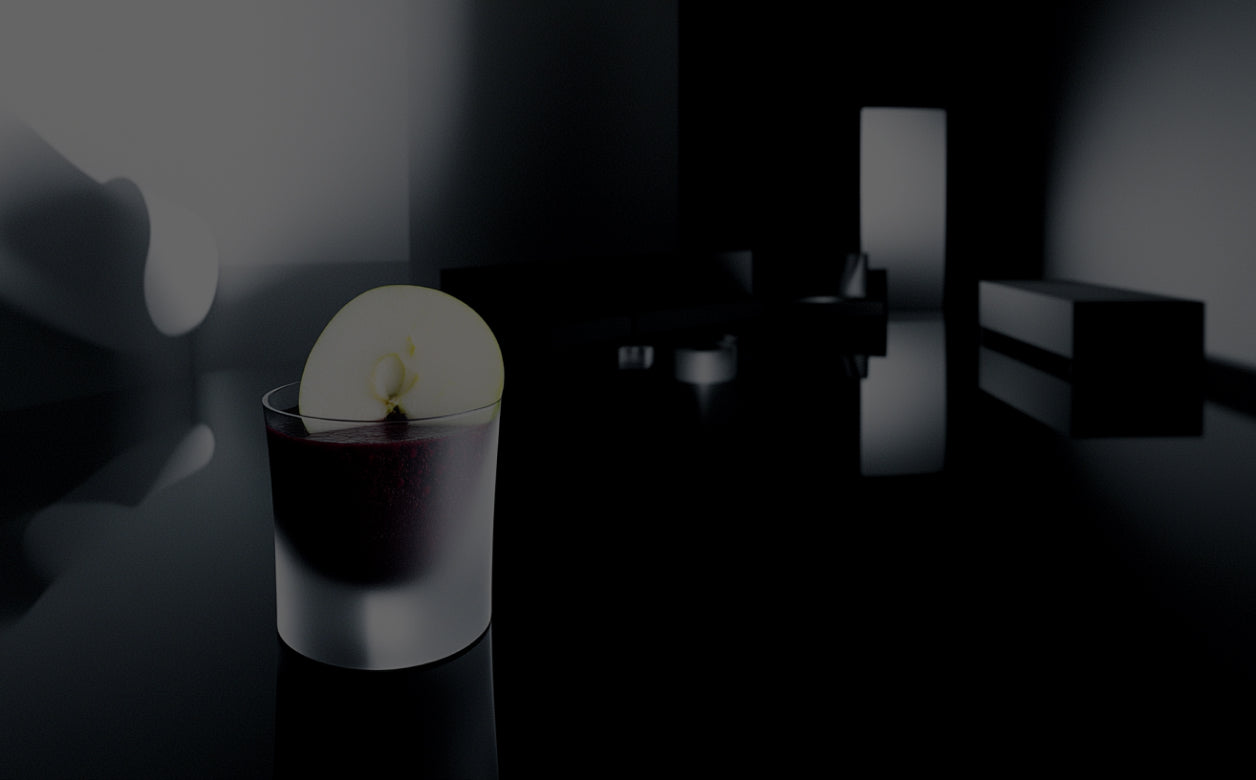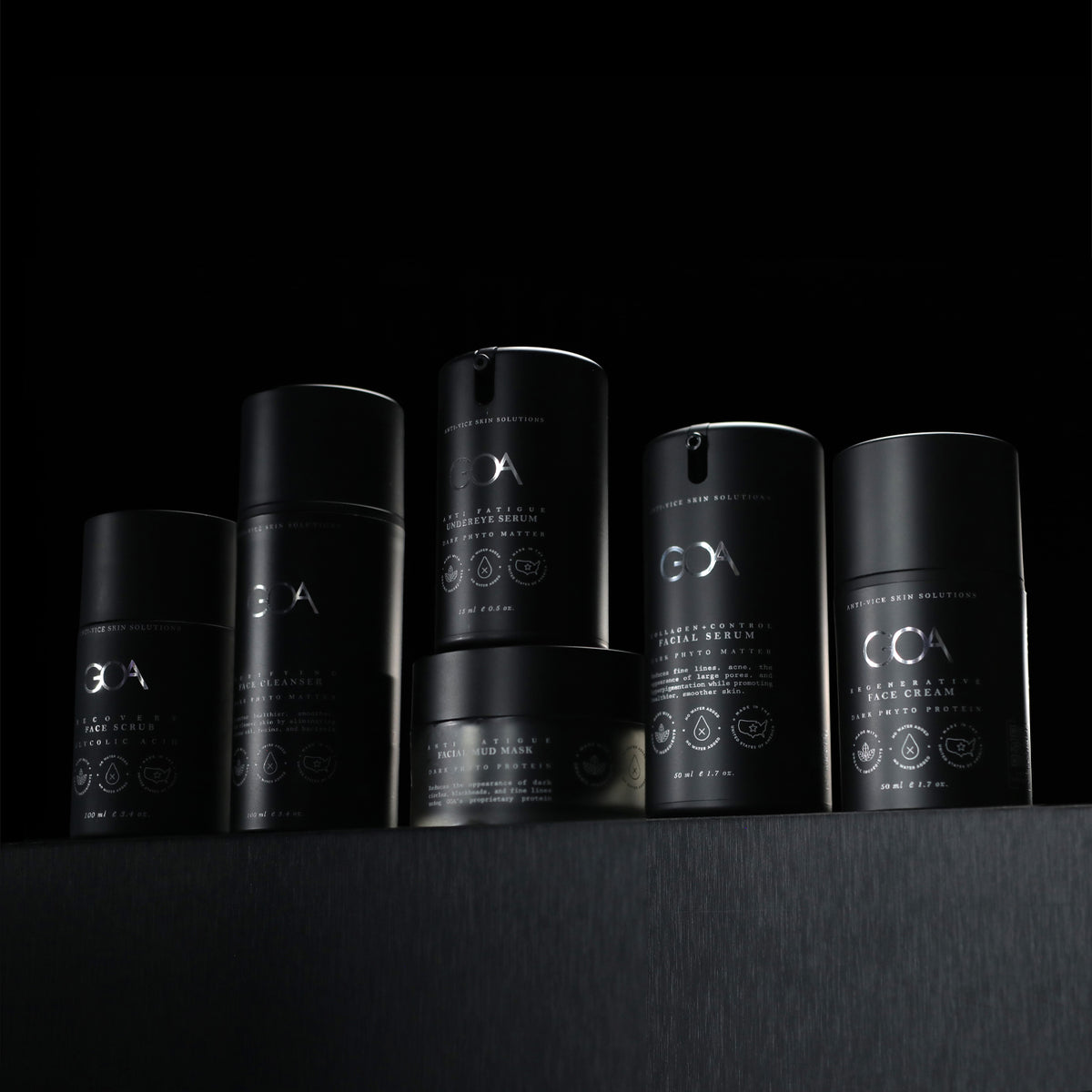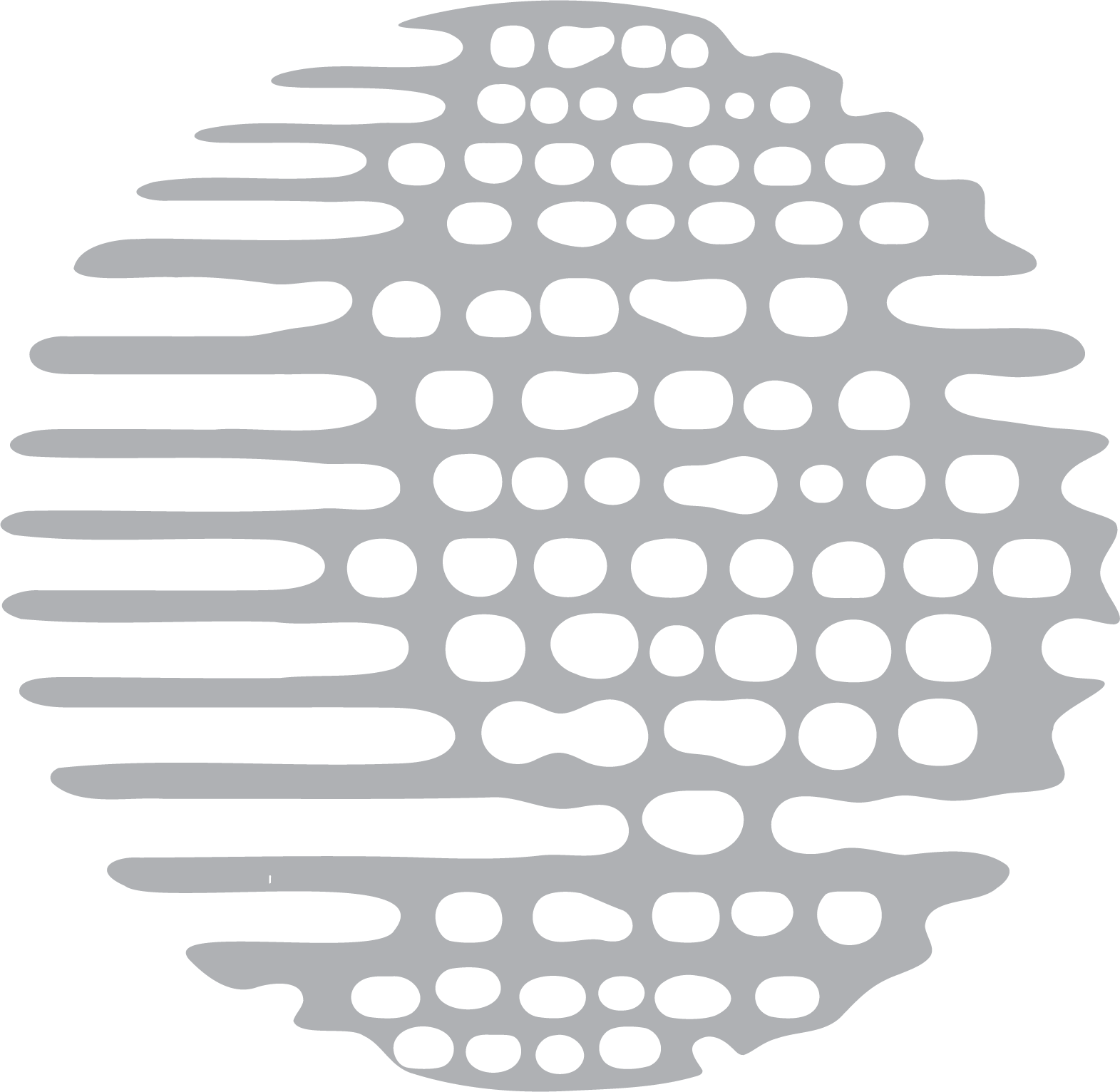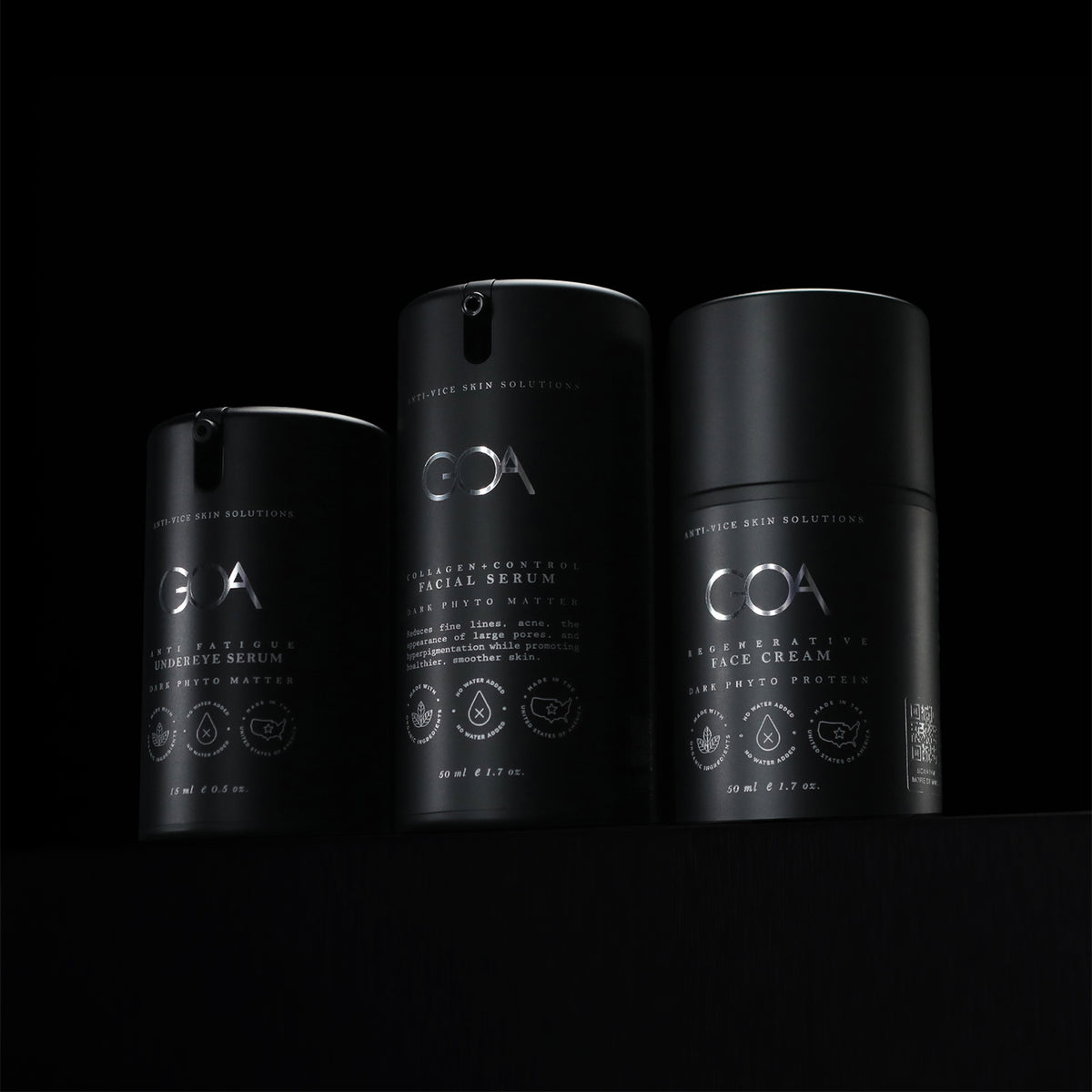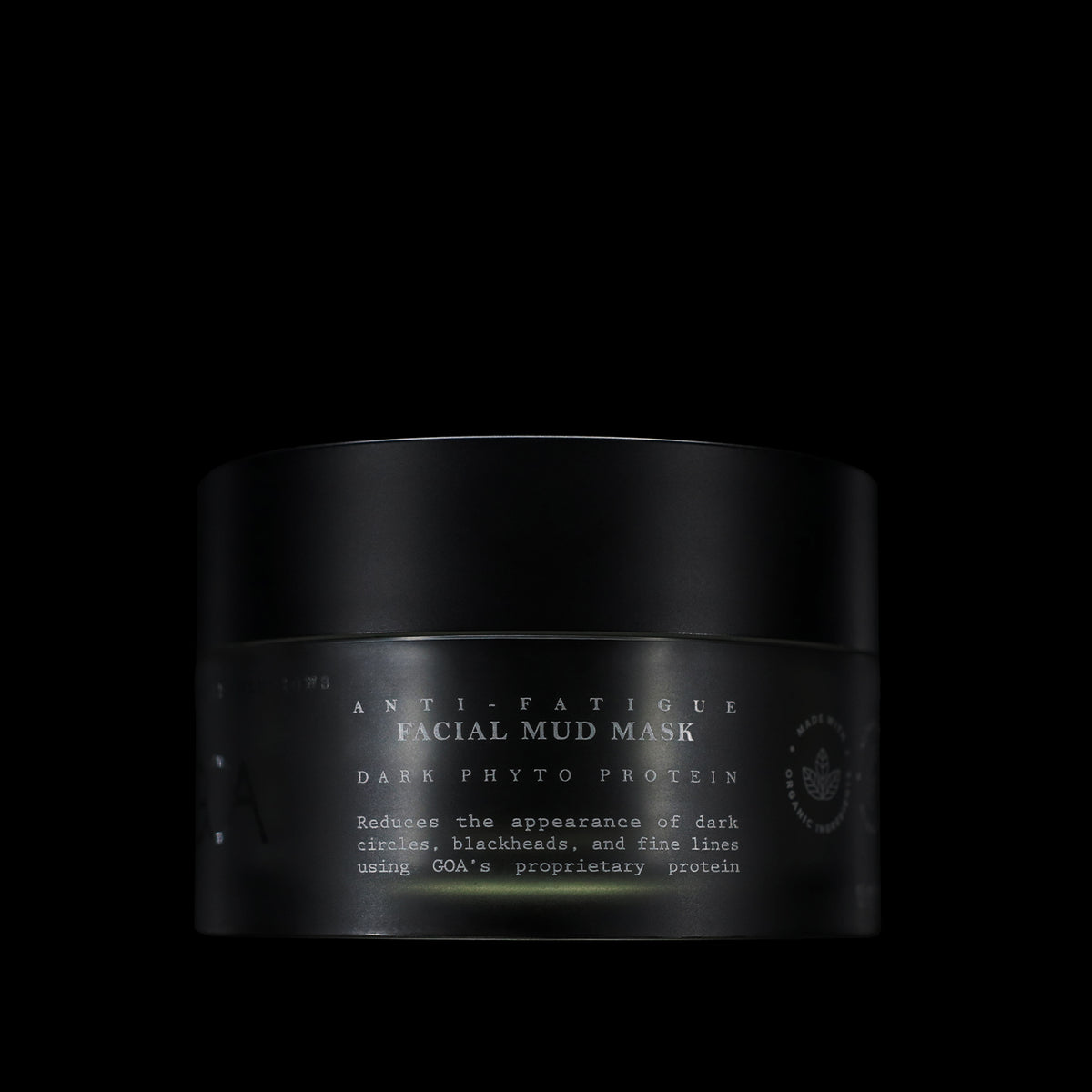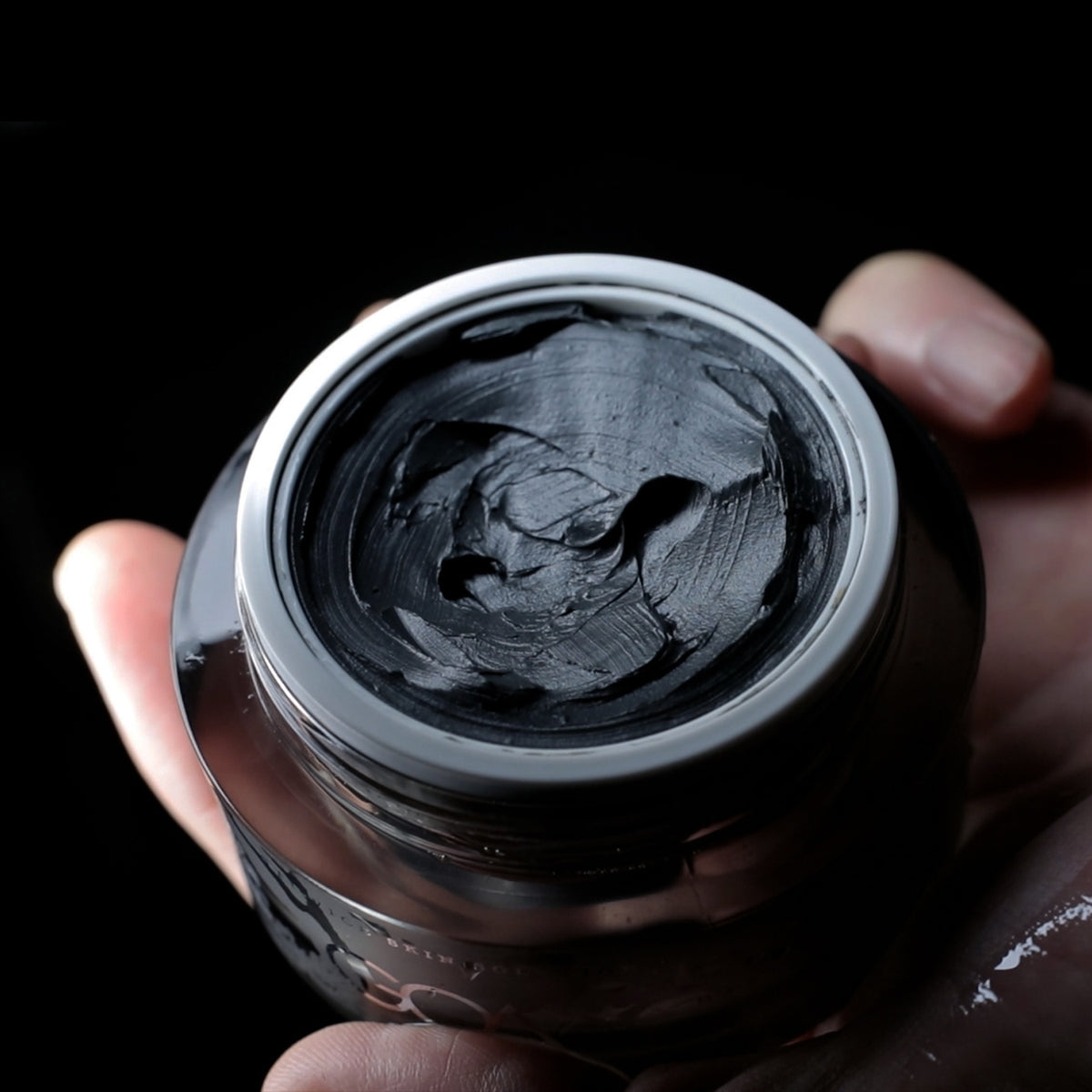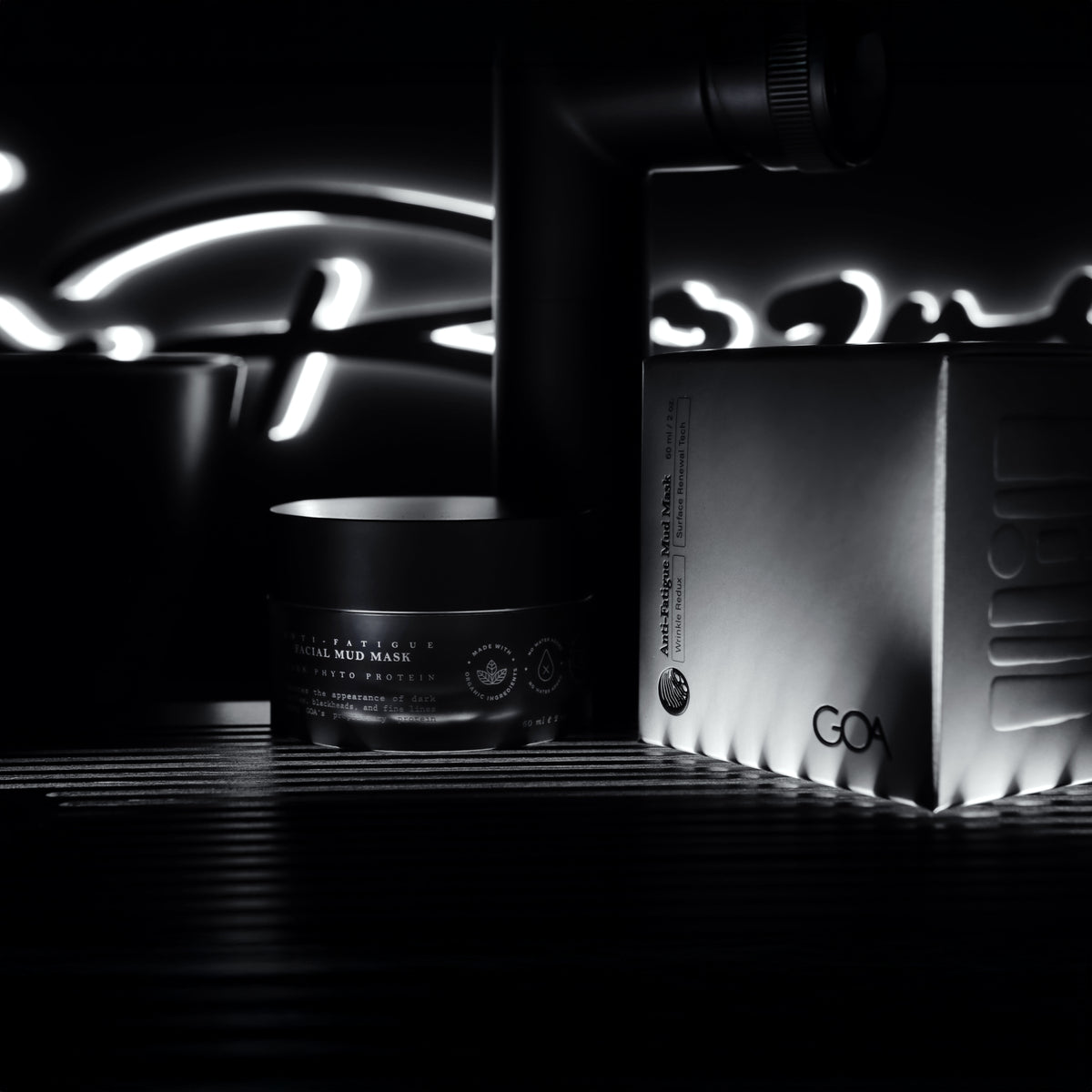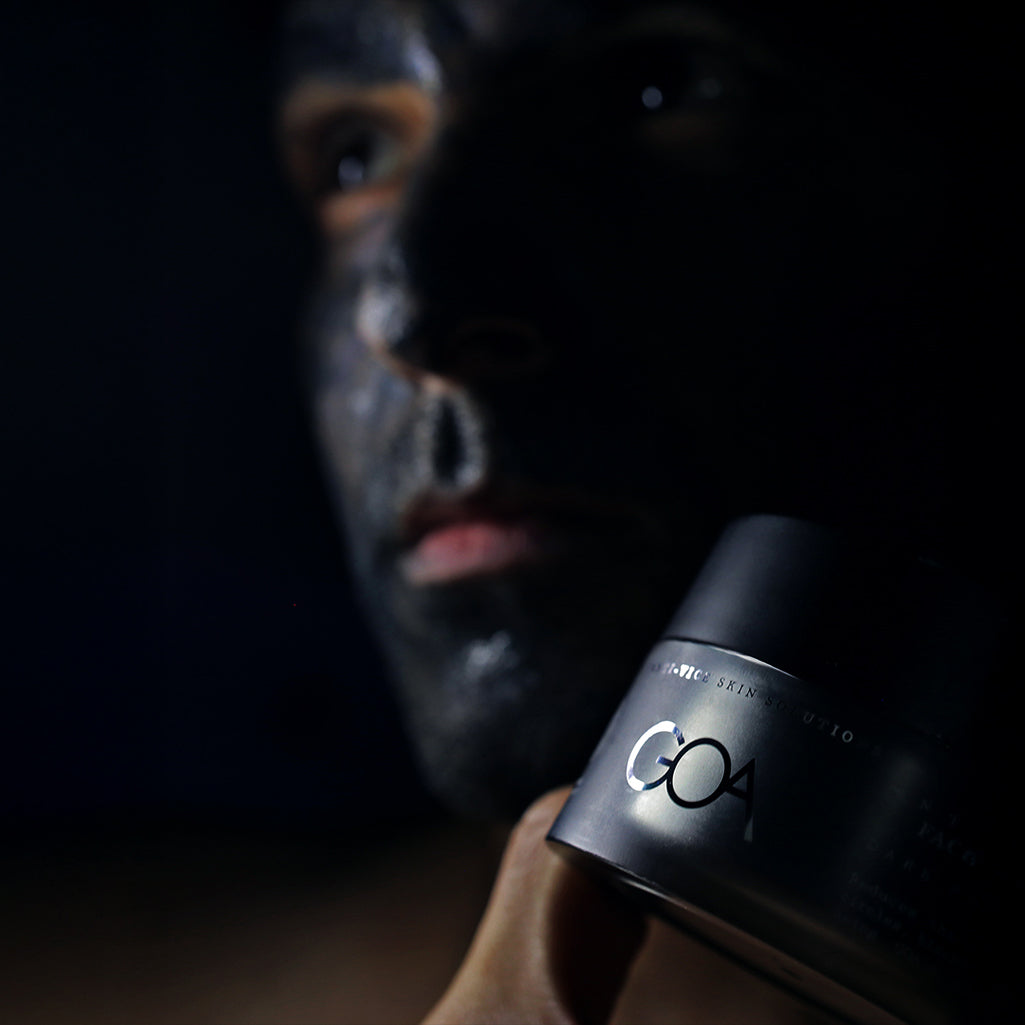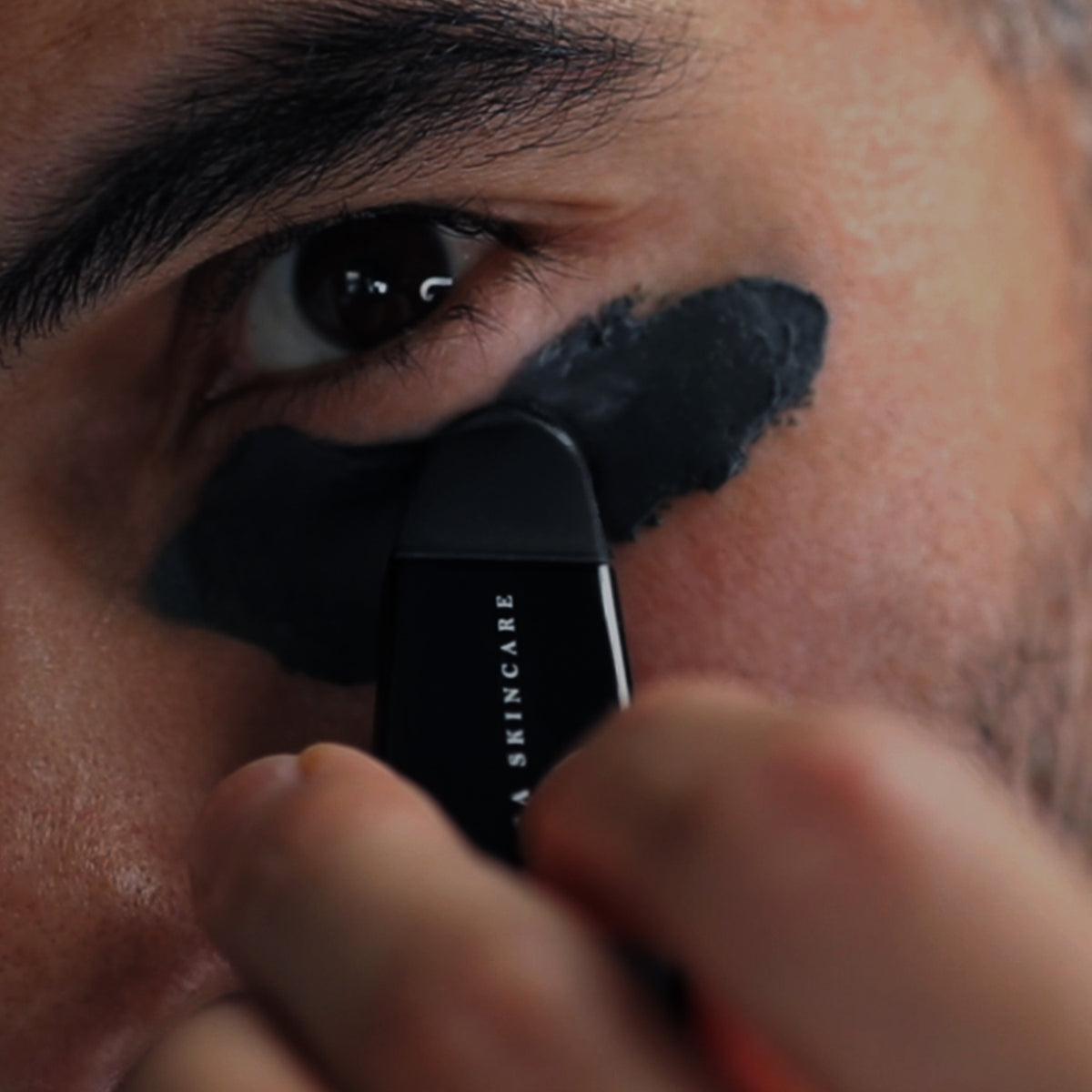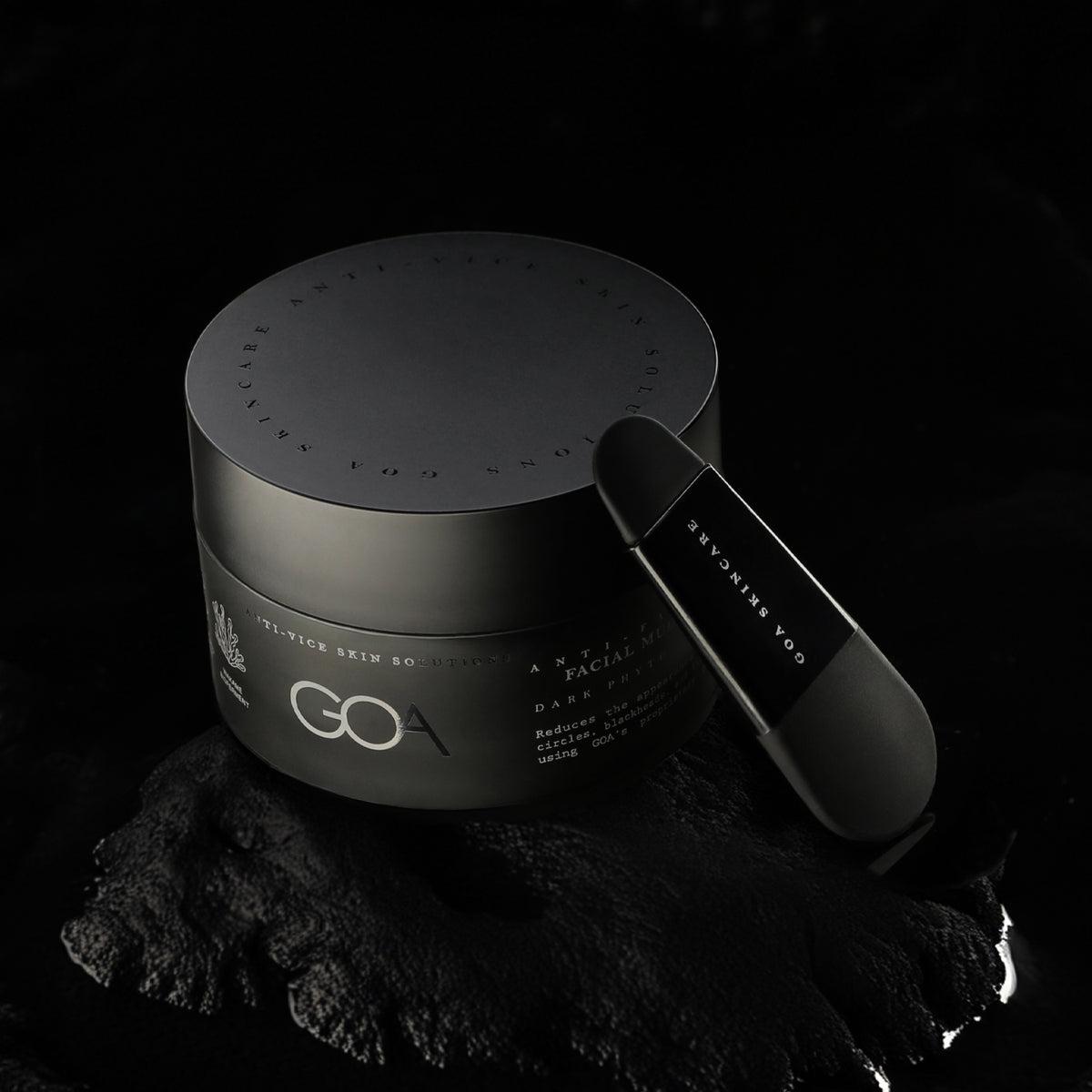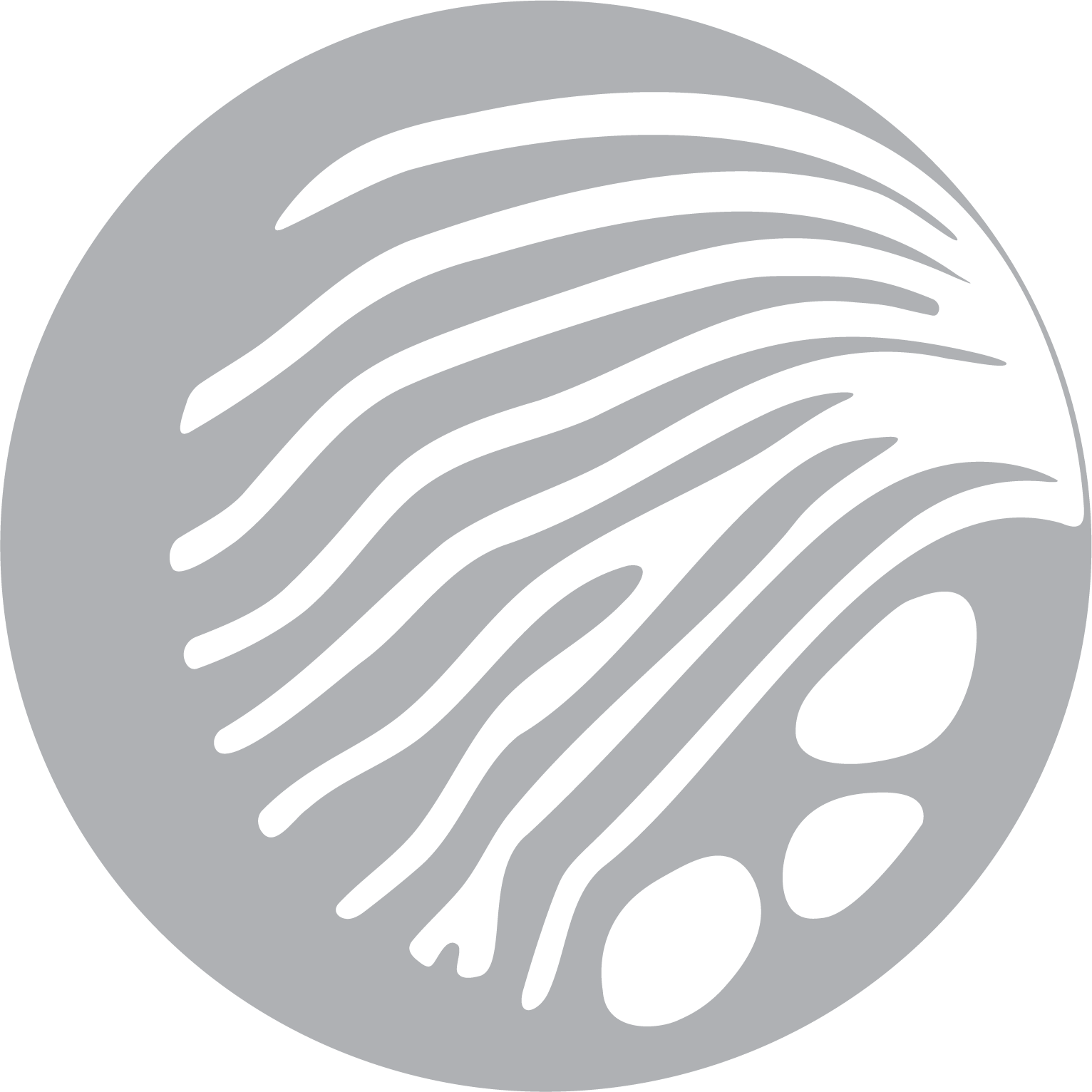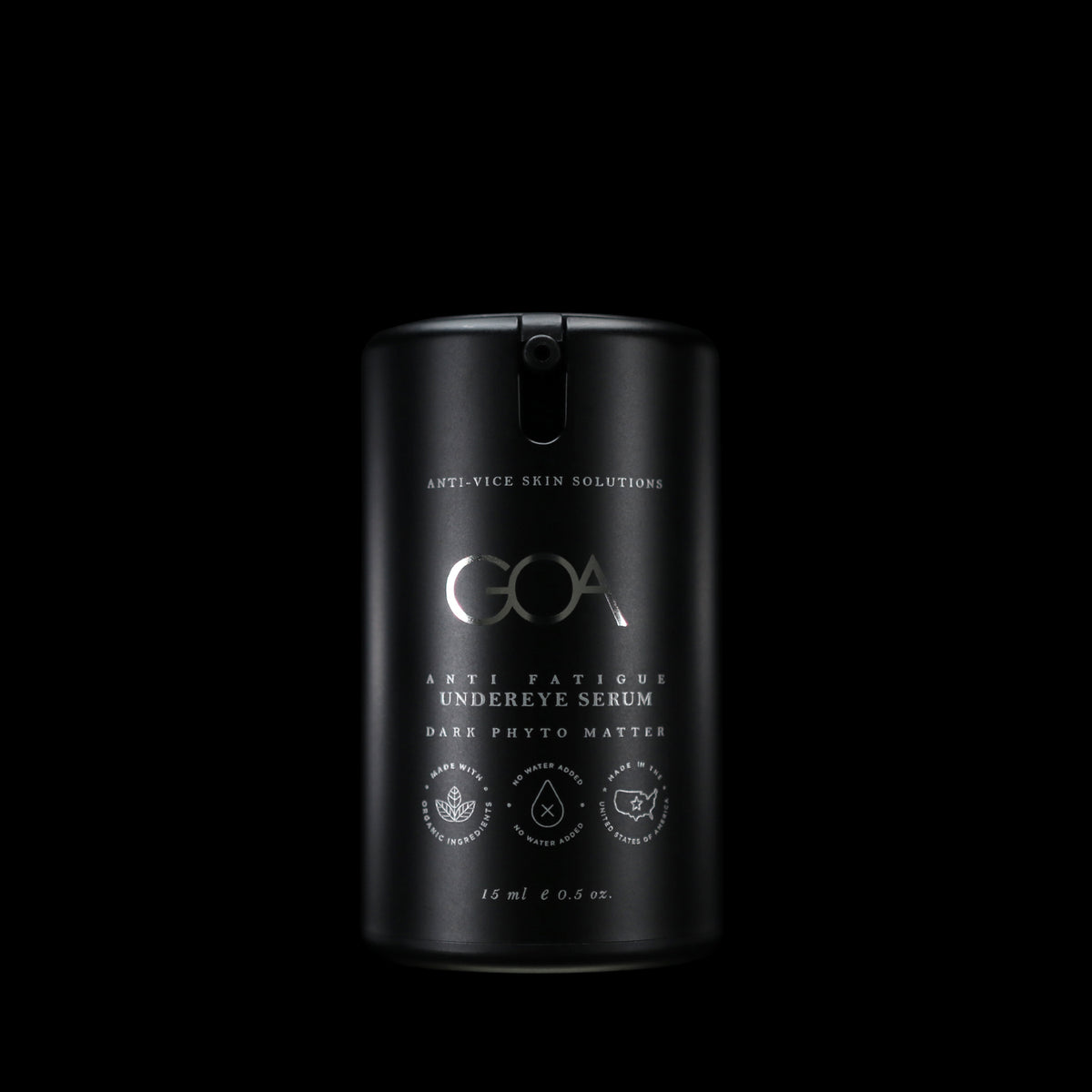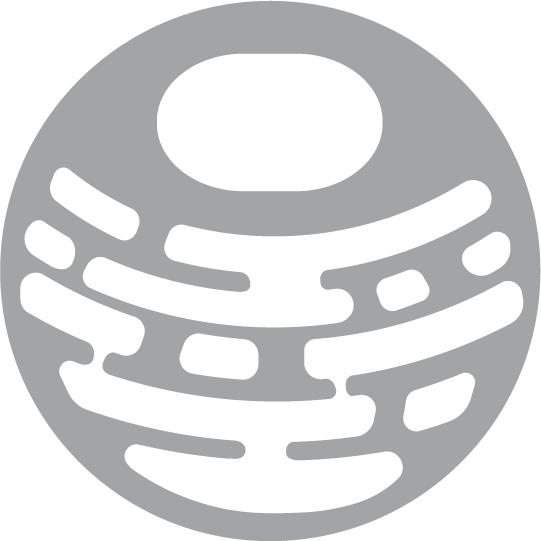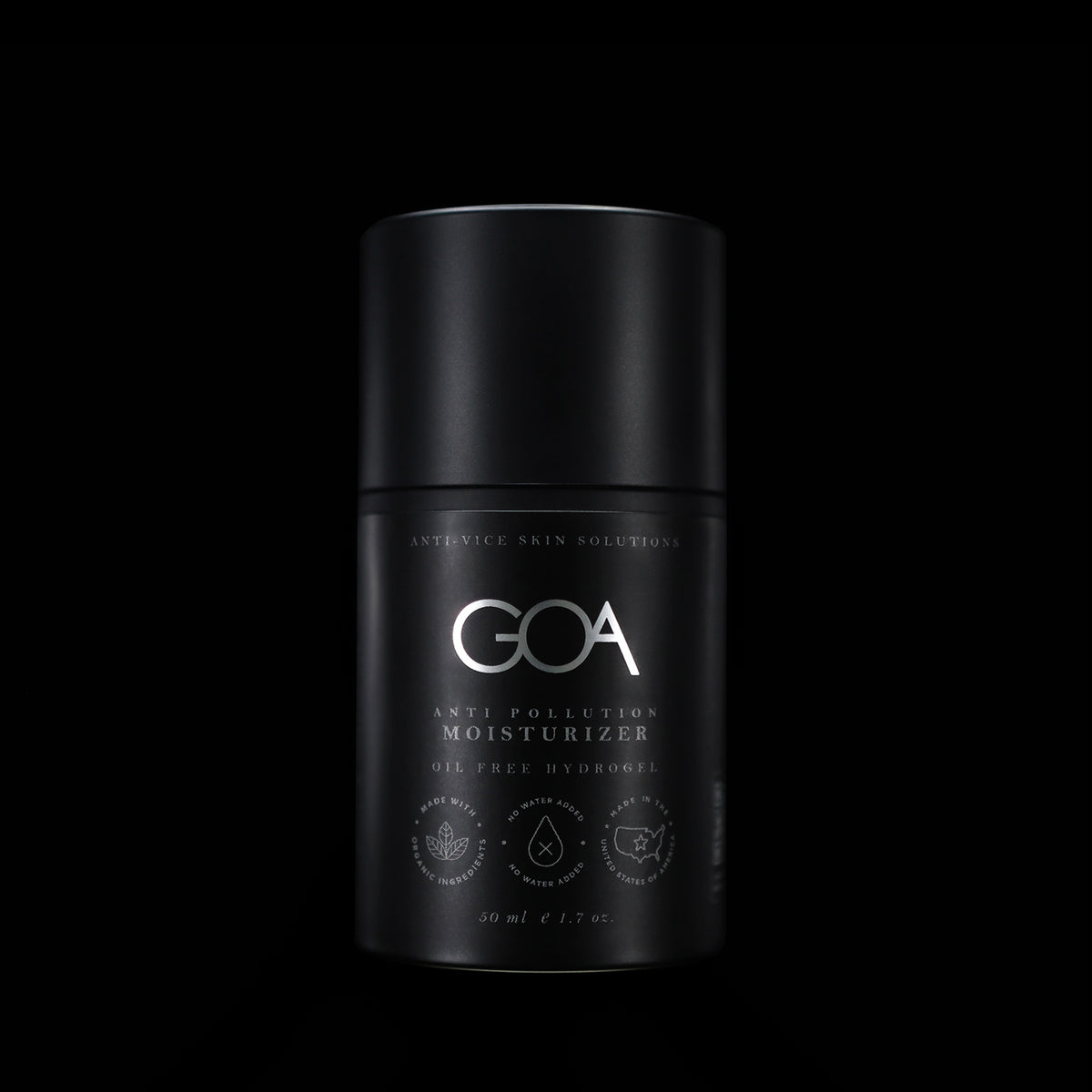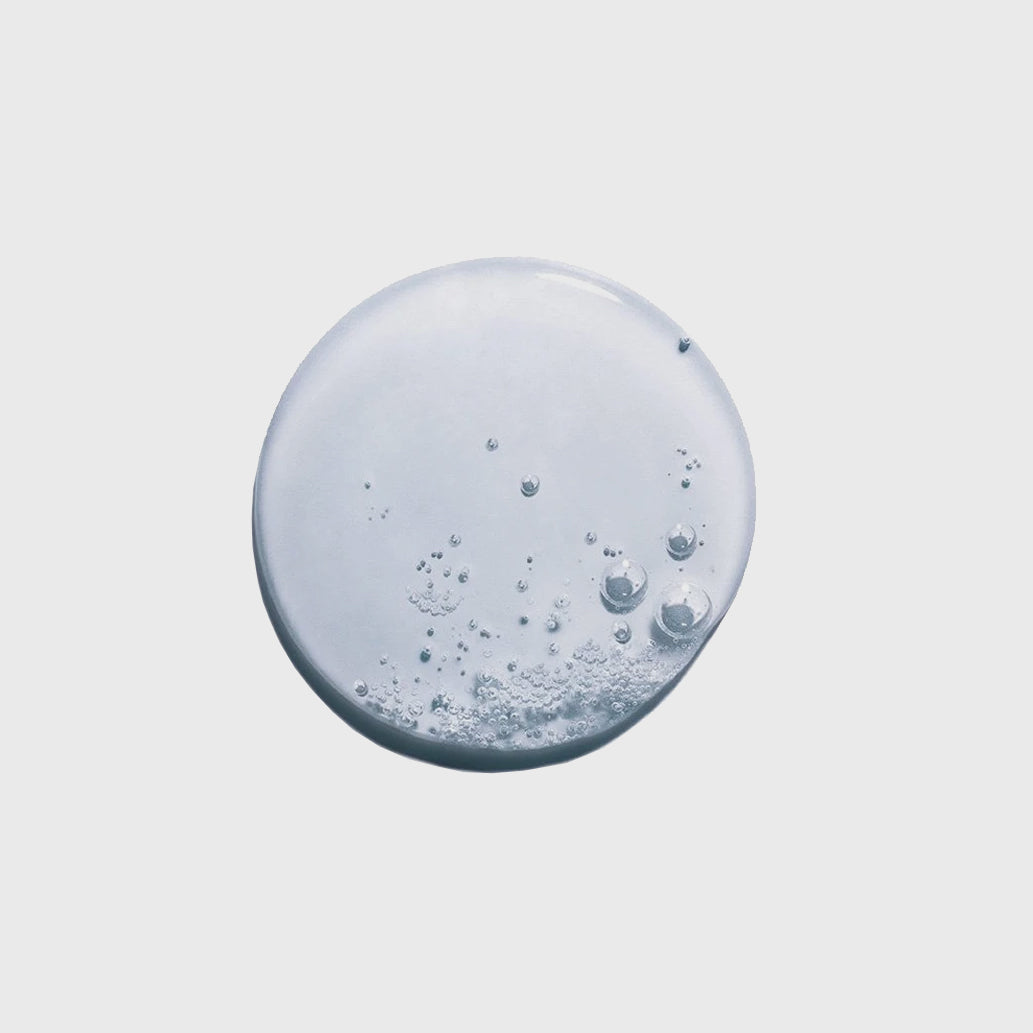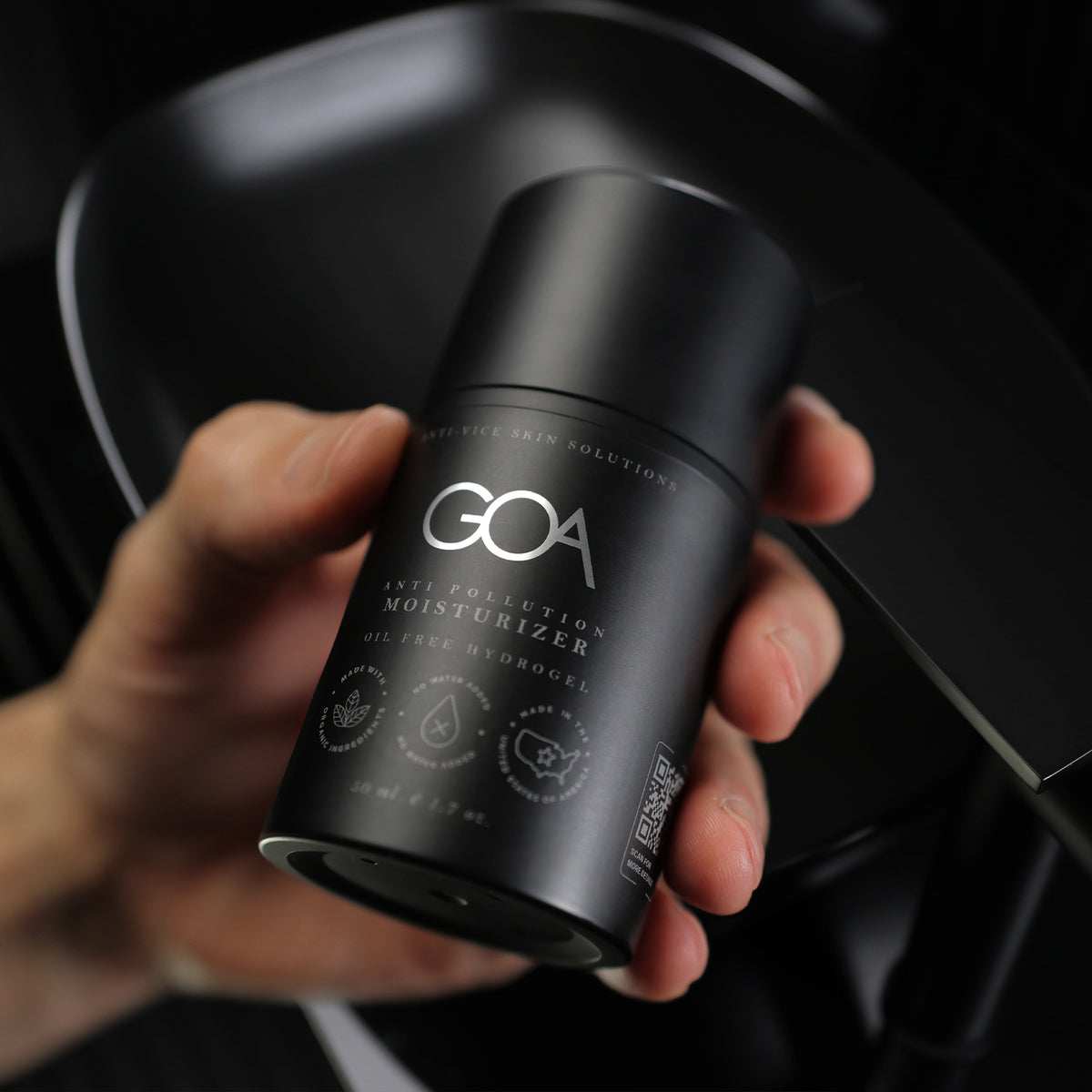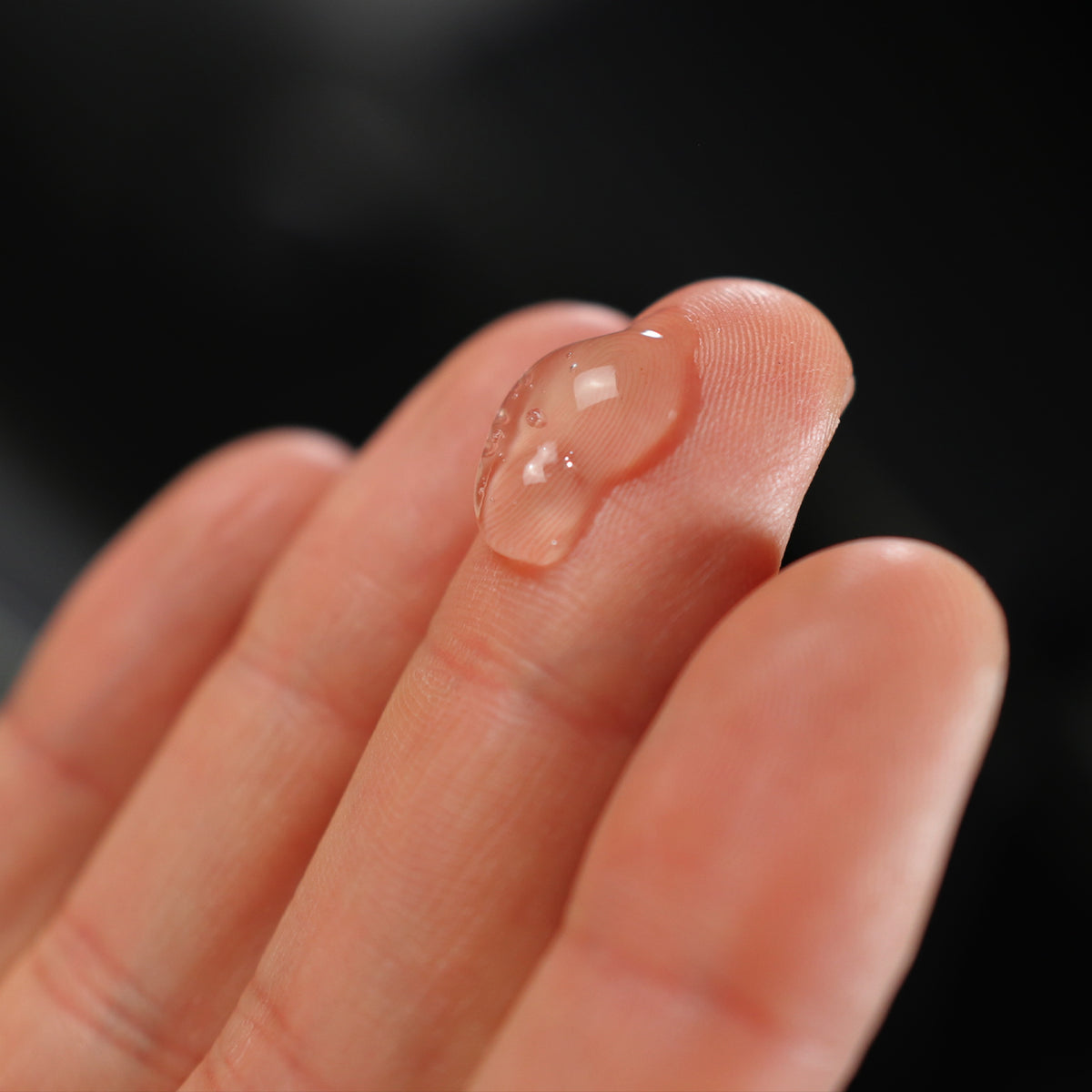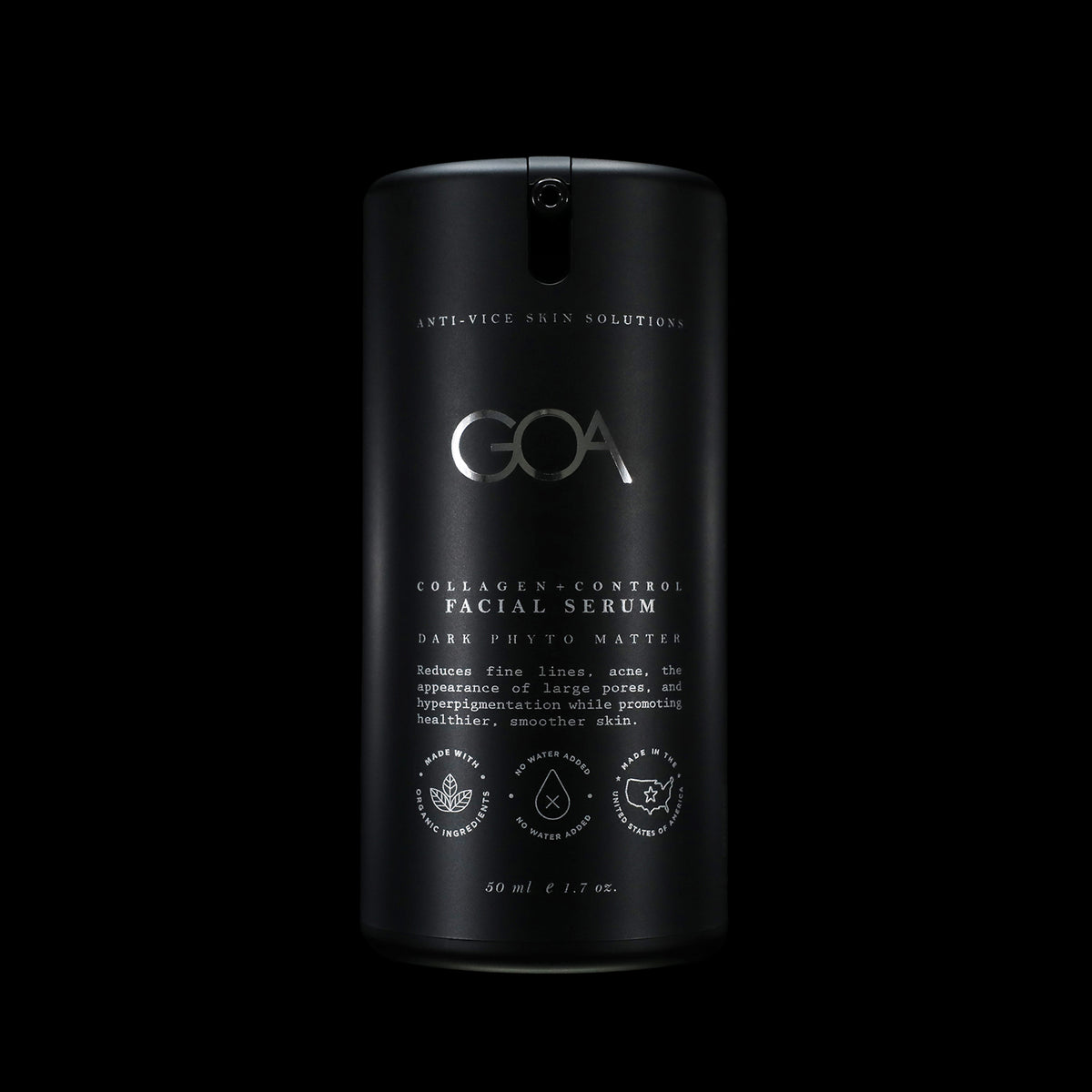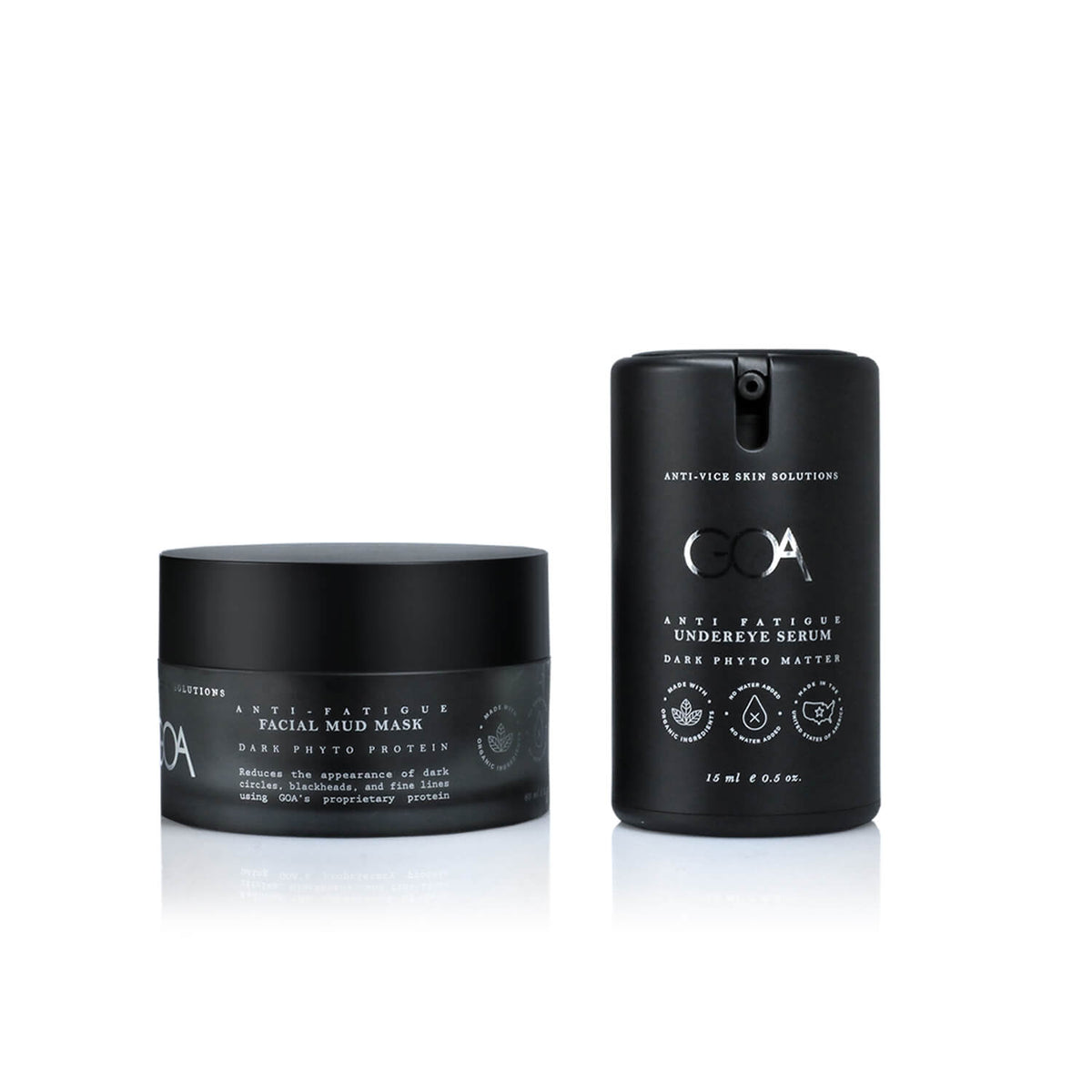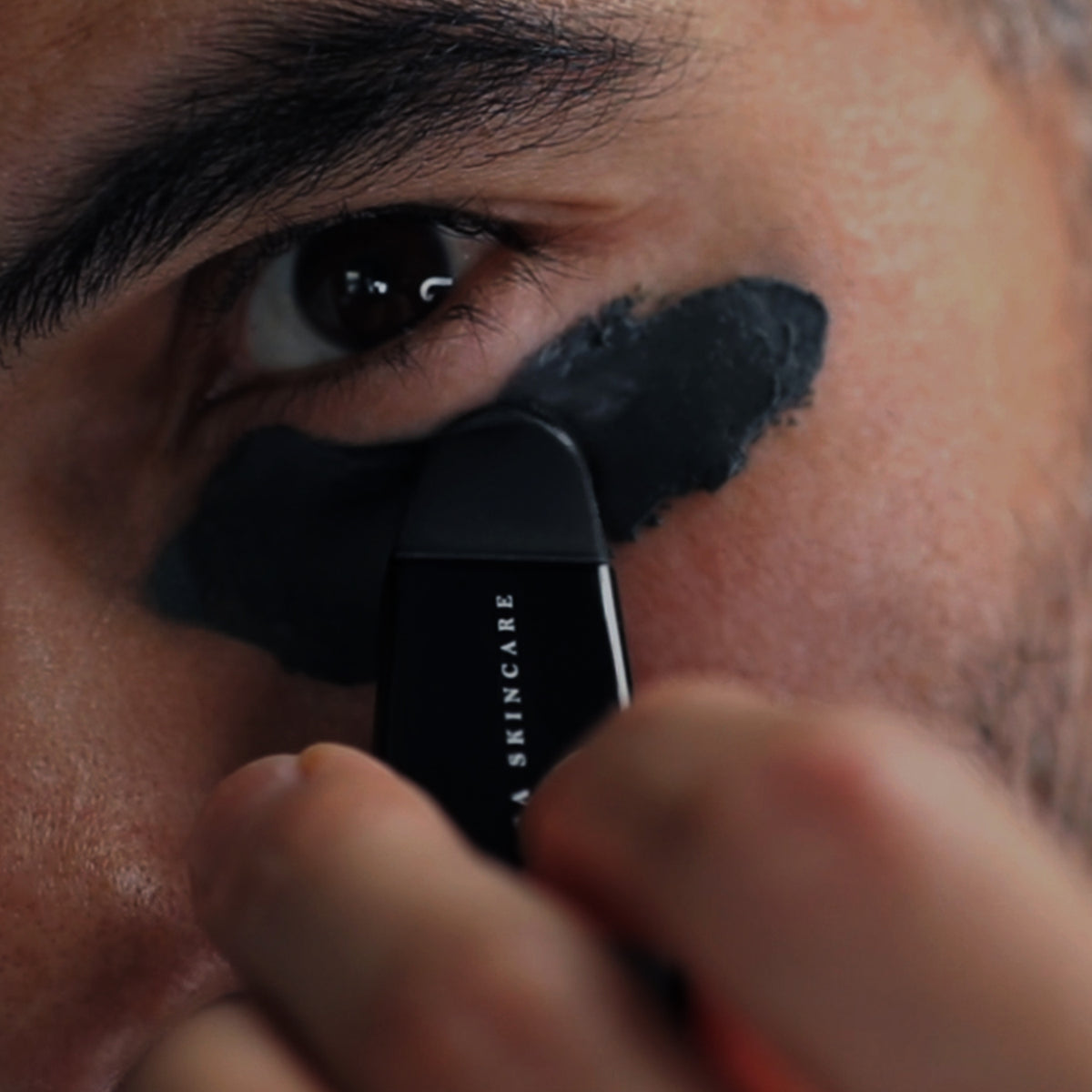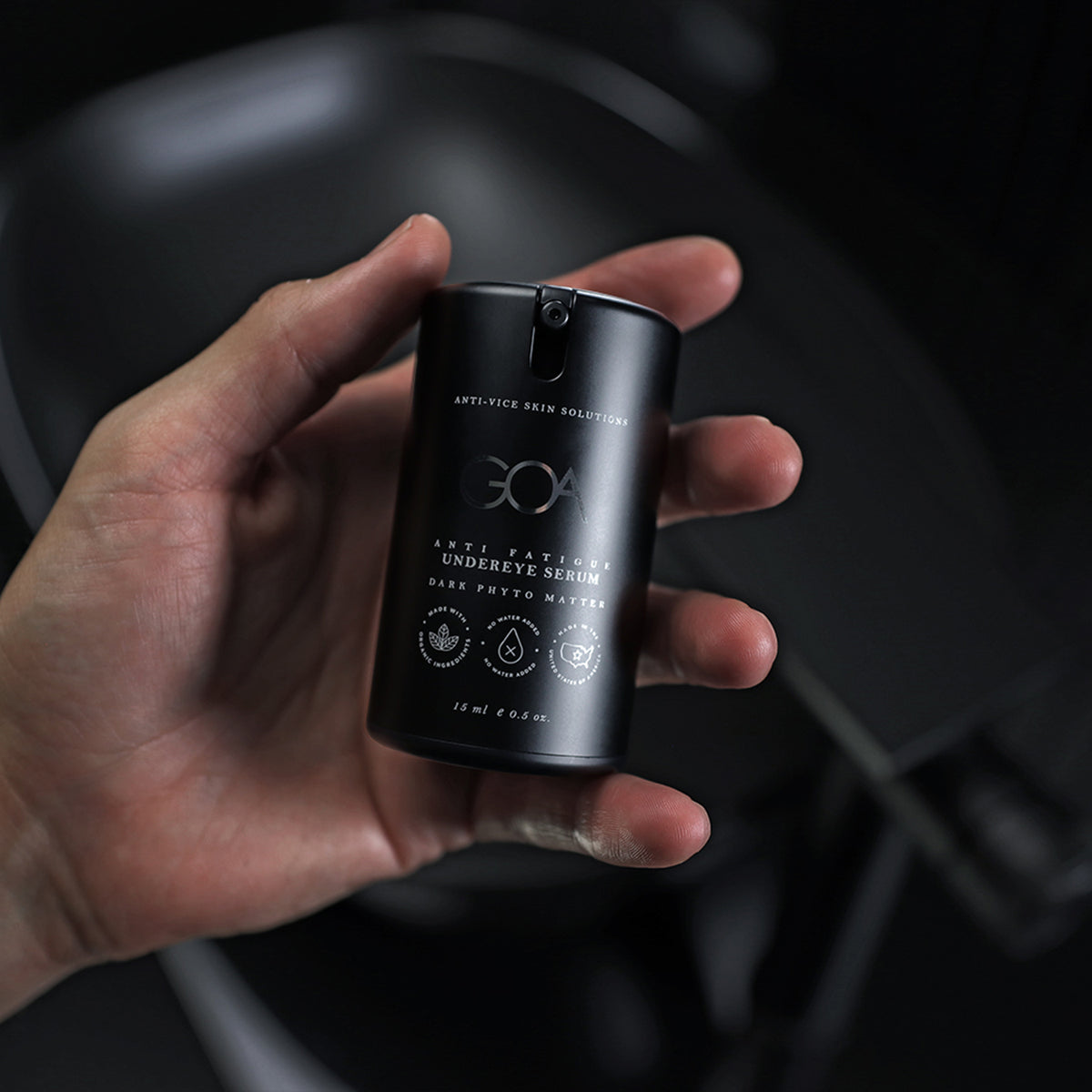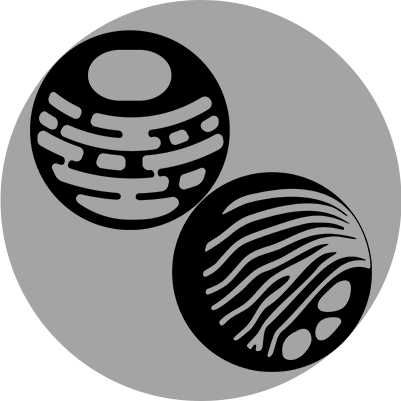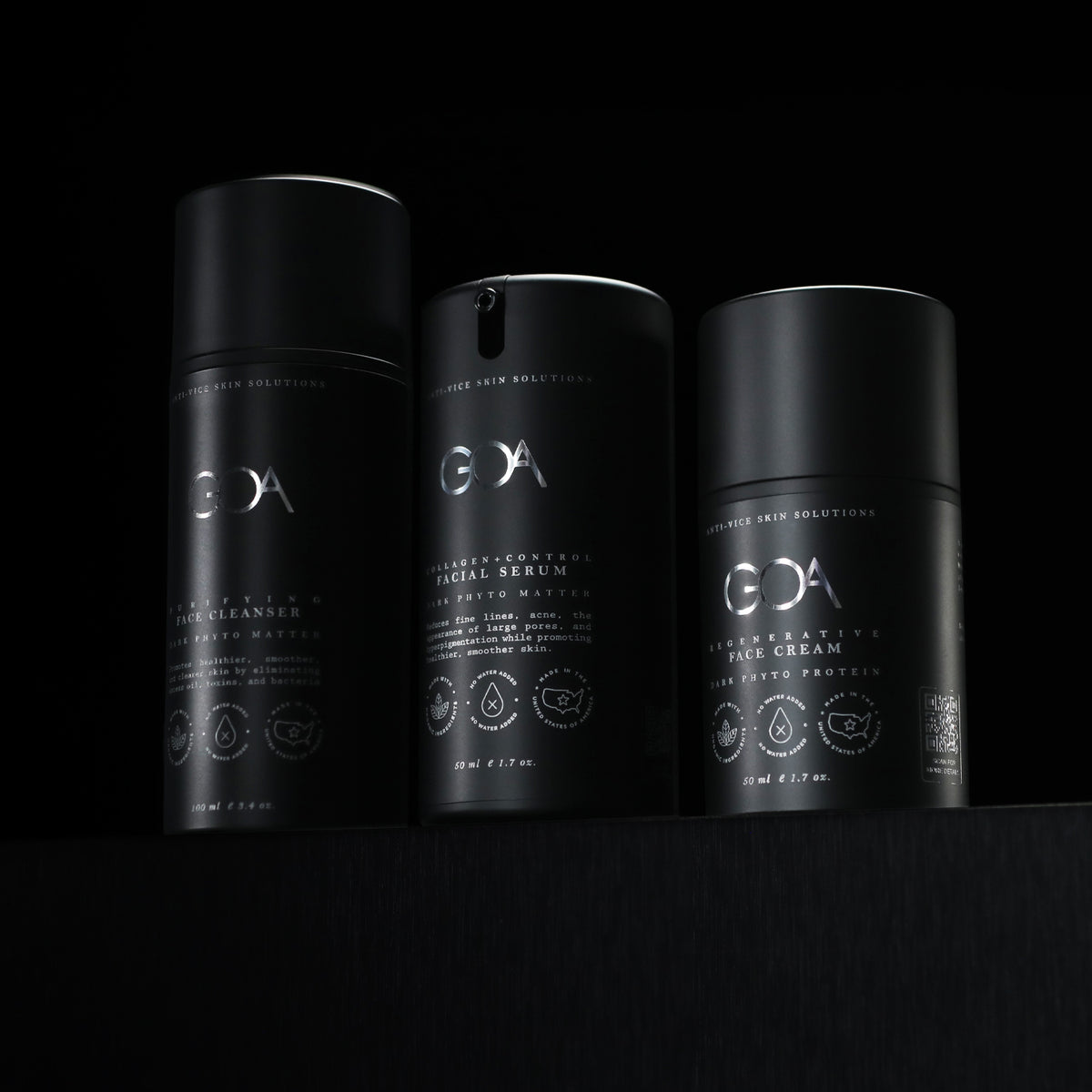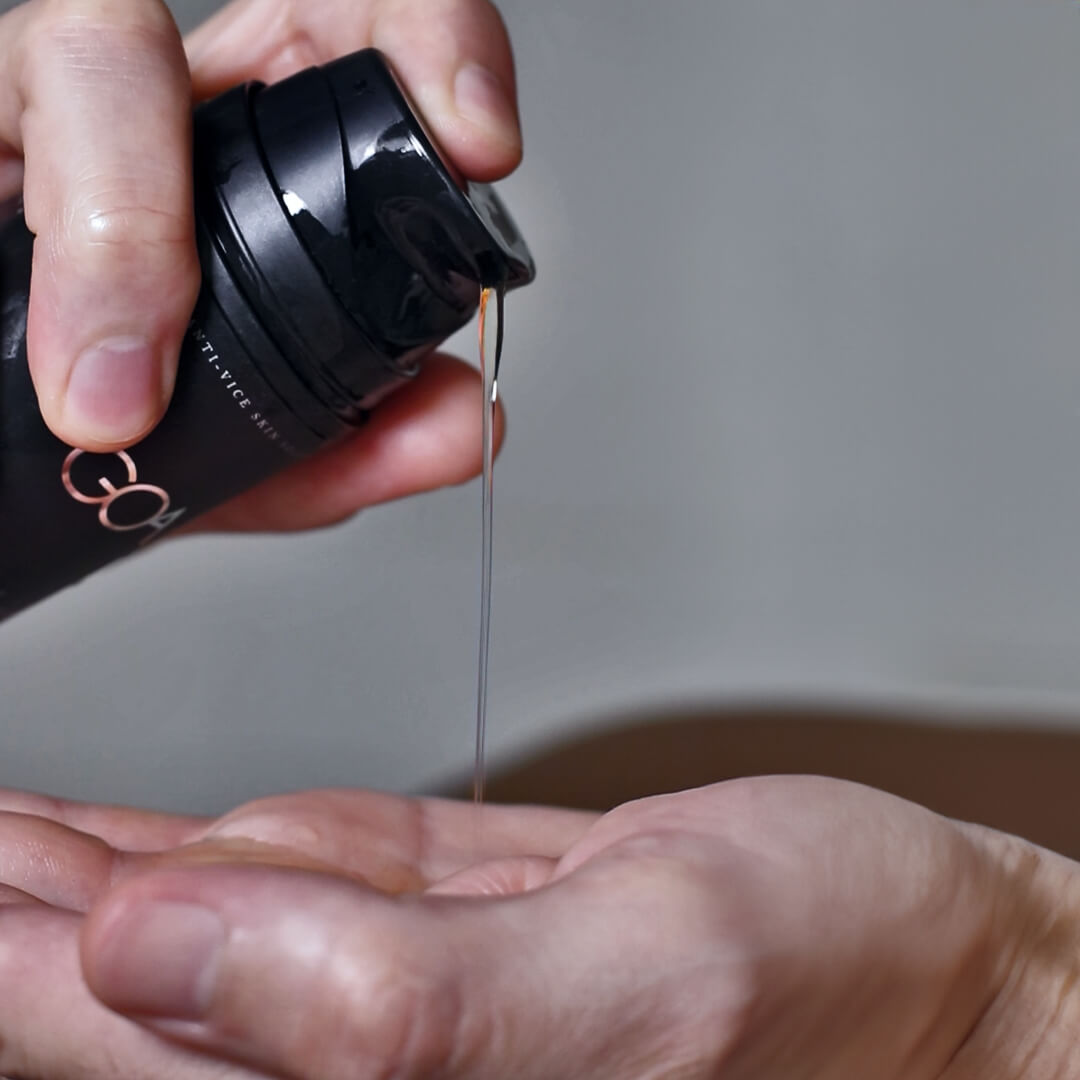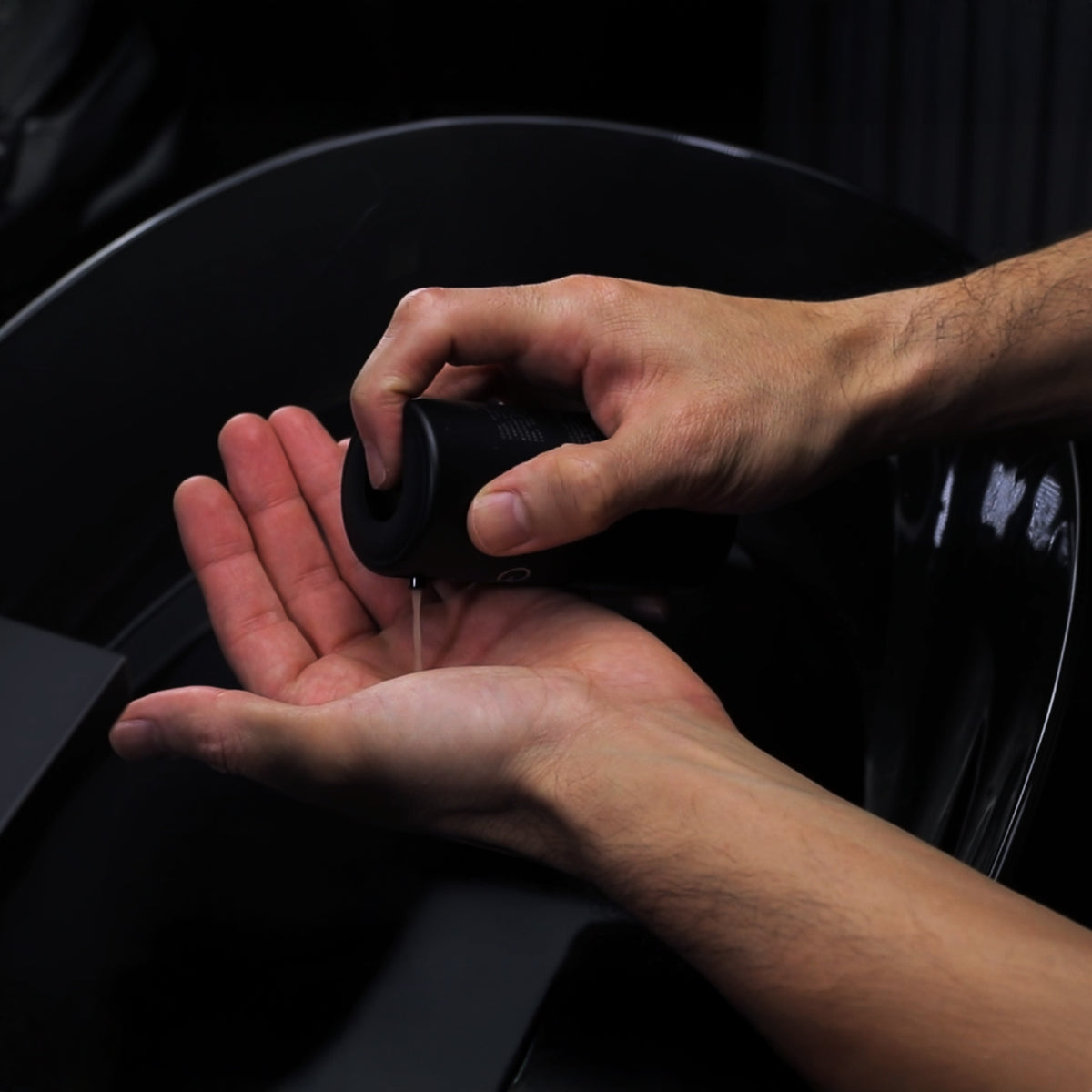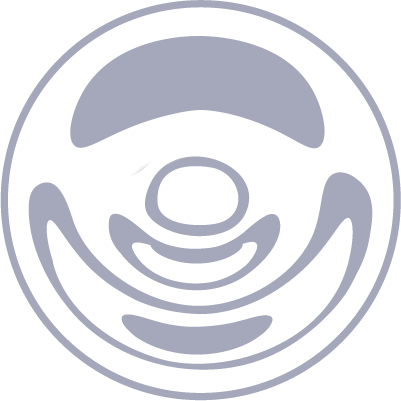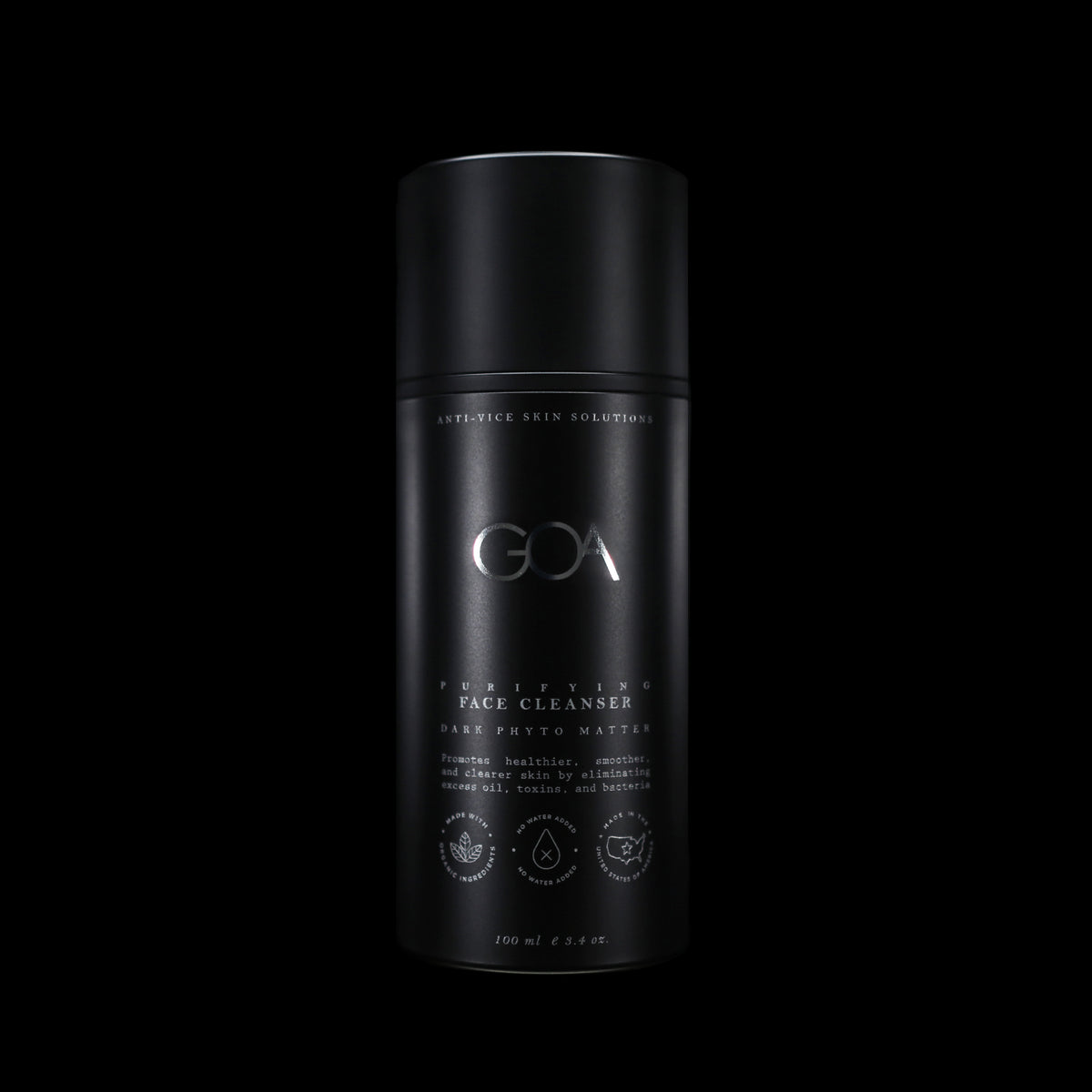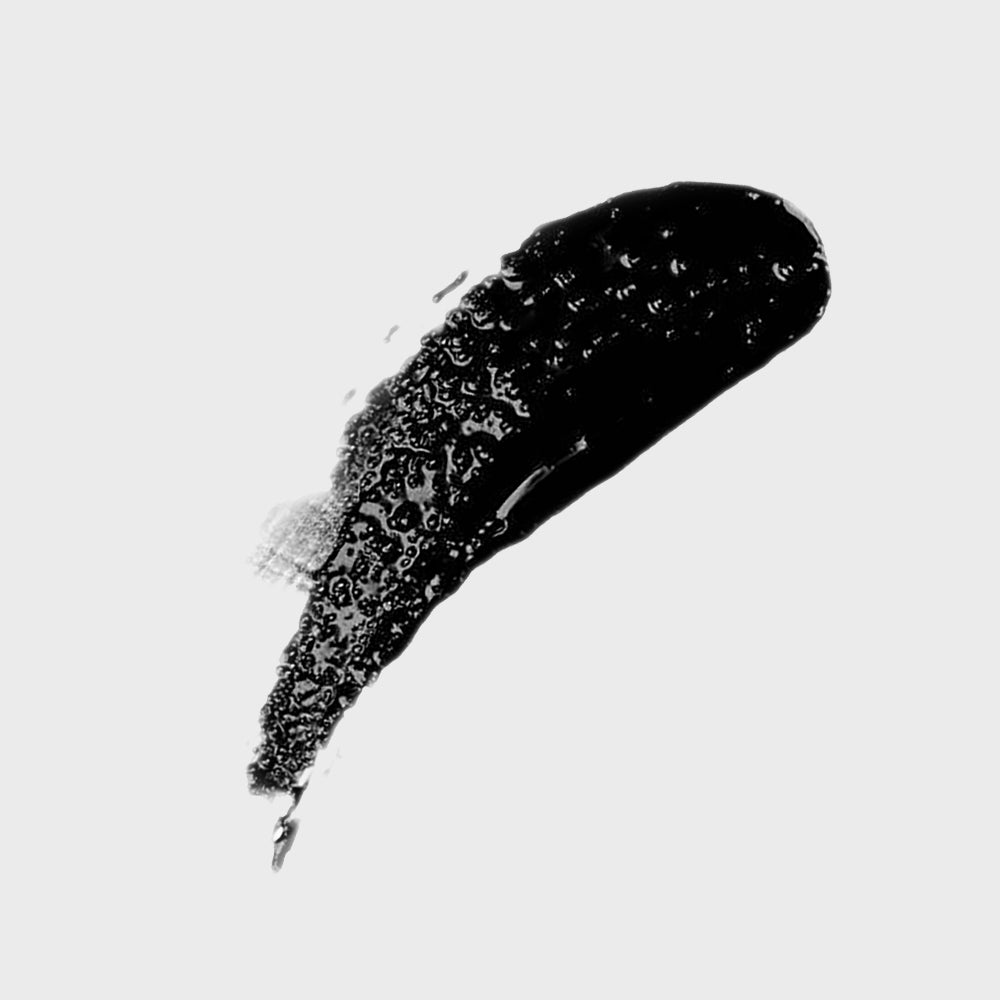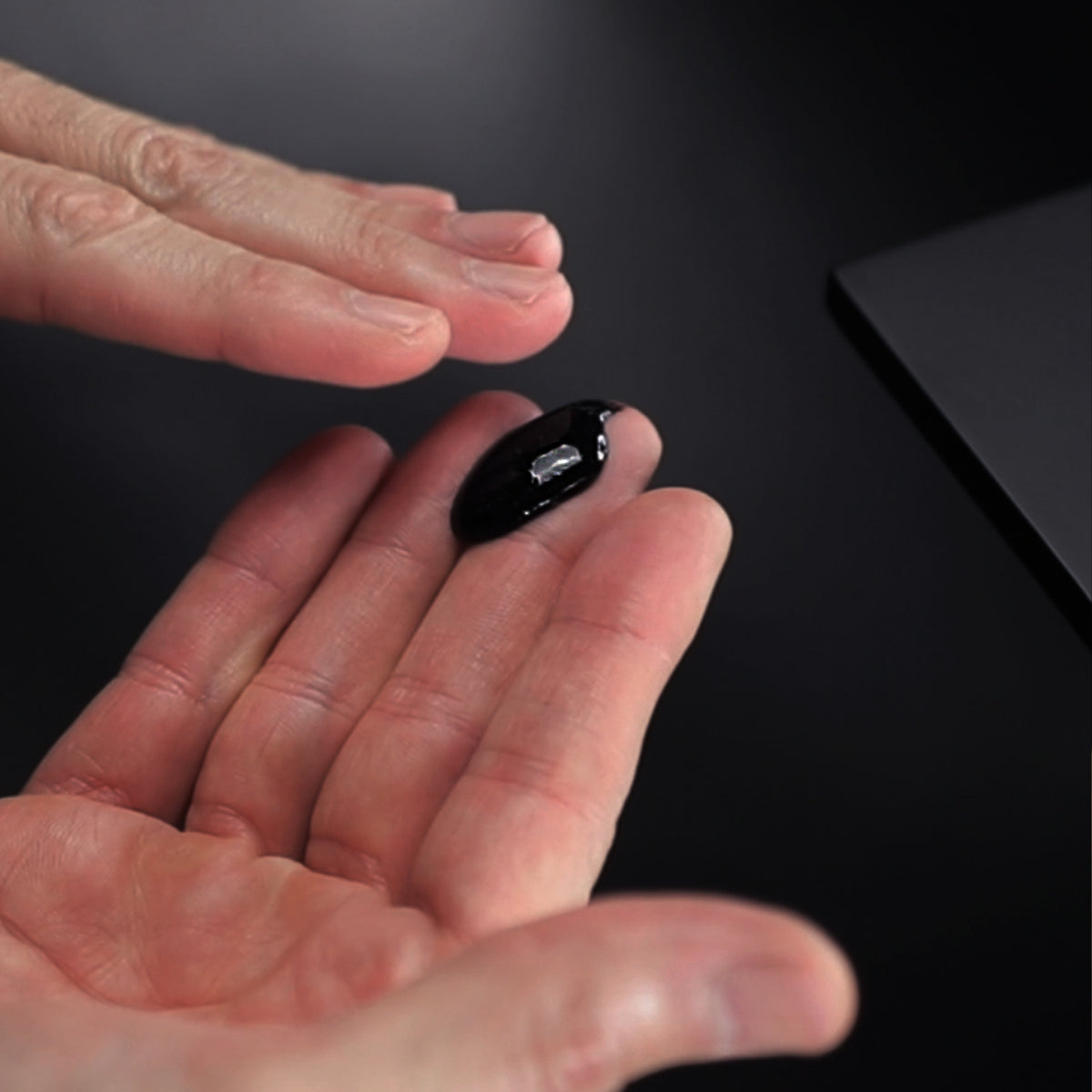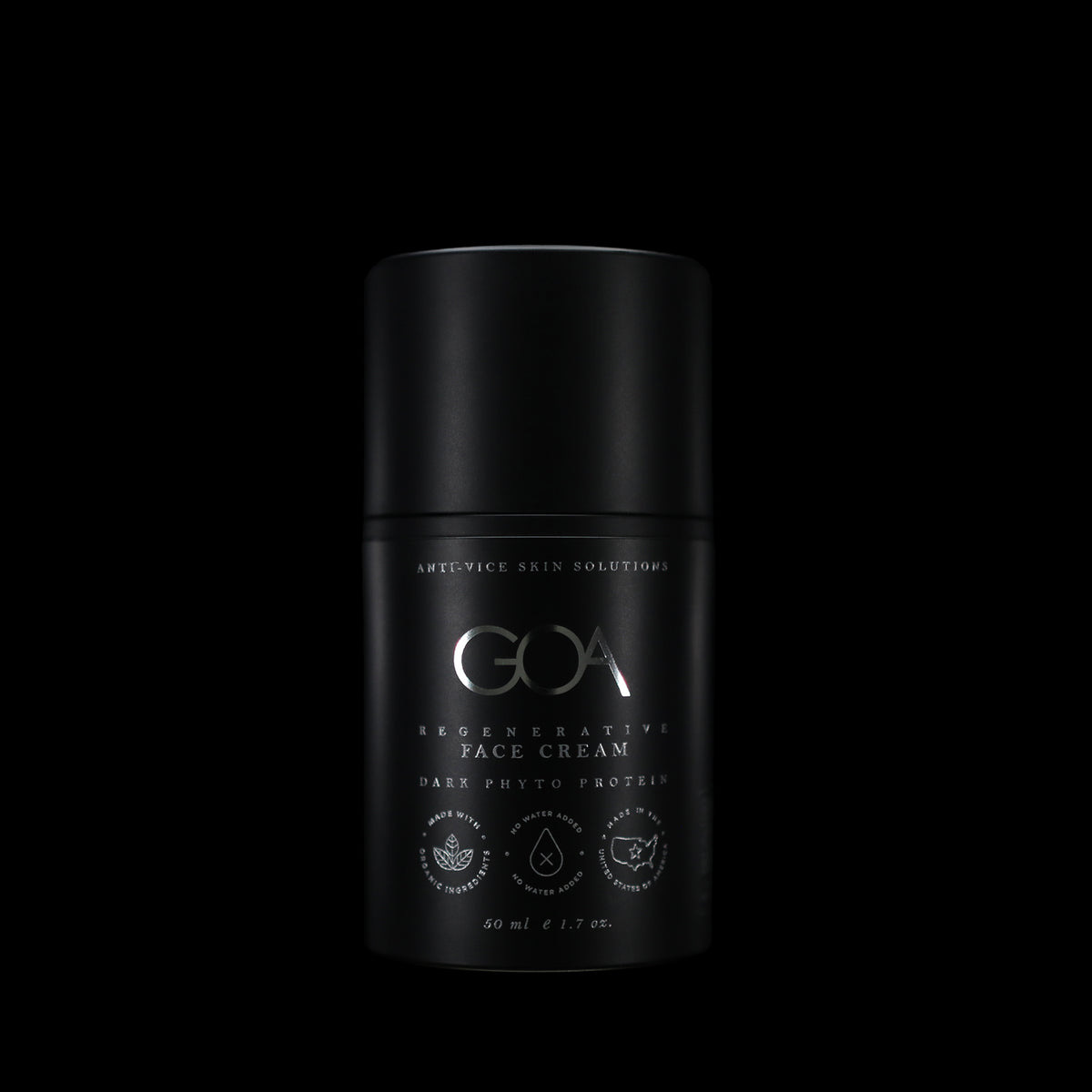Have you ever looked at the ingredient list of your skincare bottles? Take a good look at the first ingredient; water (aqua) is mostly, if not always the first ingredient. Water, whether it's distilled or filtered, makes up about 70% to 90% of your lotions, creams, cleansers, etc, leaving very little room for the active, working ingredients. This can lower the effectiveness of the product while causing the end user to reapply more even after daily use.
As a company, GOA Skincare has pledged to reduce if not eliminate its water consumption per unit of finished products. "We are not only moving into a clean beauty world but also changing the landscape of effective and more affordable products", says Rodrigo Diaz, founder of GOA Skincare. "This move proves that no matter how big or small your approach is, everyone can help. Last year saw the popularity of eco-friendly beauty brands reach an all-time high with brands taking over retail cabinets and challenging non-bio formulas with equal effectiveness."
"The first reason for the big change into a Zero Added Water policy", says Rodrigo Diaz, "is to create richer and highly concentrated solutions that aren't filled and diluted with inactive, non-sense ingredients. Did you know water dries out the skin while also promoting bacterial growth?"
The company is also considering the actual production process. "I think this will lead to more dry or powdered formulas that you activate with each use rather than a bottle with a shelf life of 24 months," says Rodrigo. "The pros are obvious for travel, but more so it means less packaging is needed while getting hyper-fresh actives with every use."
It's no surprise that this trend originated in South Korea. Many Western brands are also starting to add powdered skincare products to their ranges. Korean manufacturers created water-less products for their skincare benefits, not necessarily their environmental credentials. Either way, it seems water-less beauty is set to be the new leader in environmentally-friendly skincare.
A Mintel report also revealed that 27% of consumers are conscious of their water usage, and are looking to change their habits or recycle what they are using. "Water is fast becoming a very precious resource," says Rodrigo. "It is prudent to limit the amount used in industries where there is an alternative, so the lion’s share can go to food production."
Learn more about GOA's 'Zero-Added Water' products at www.goaskincare.com








